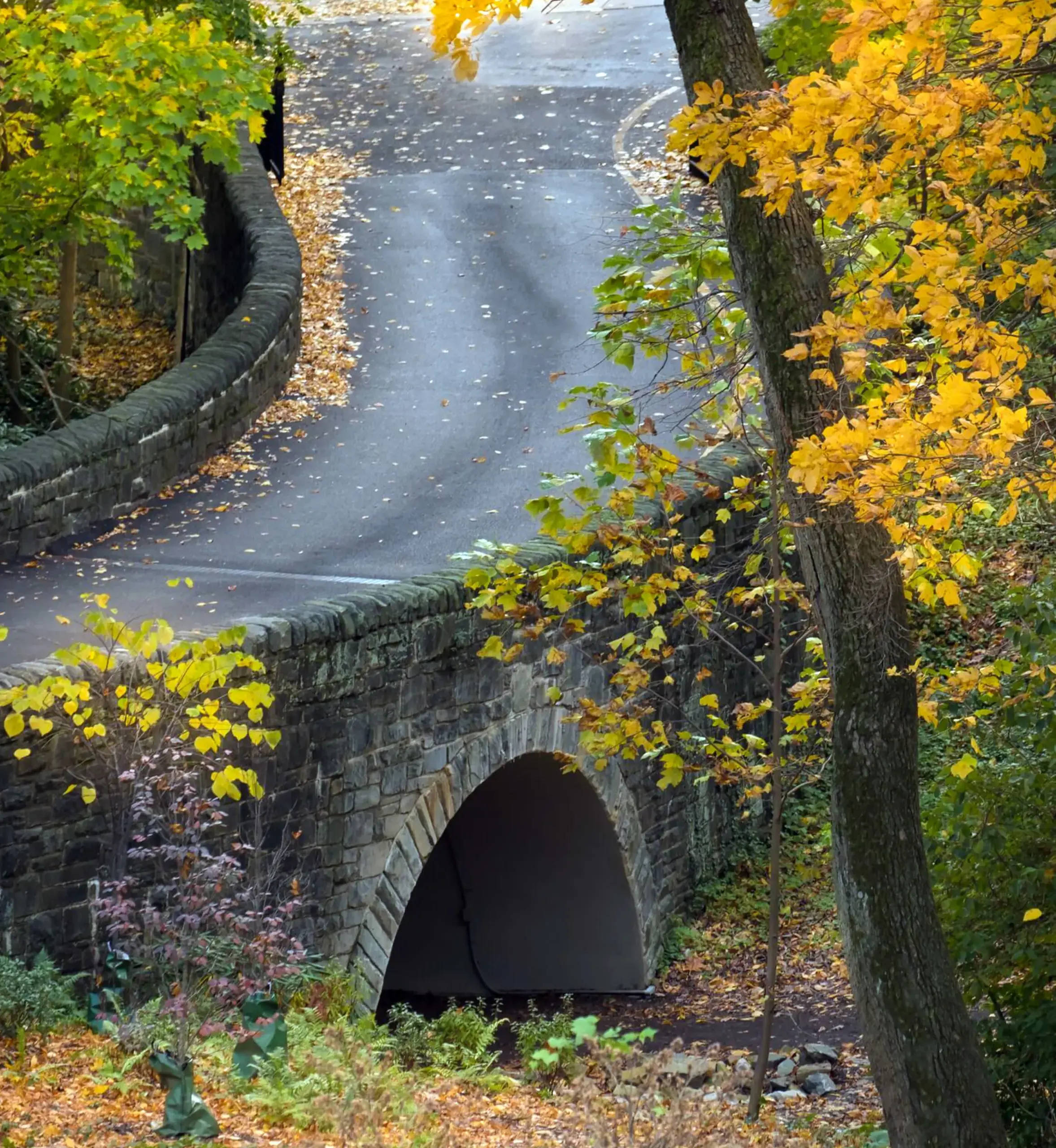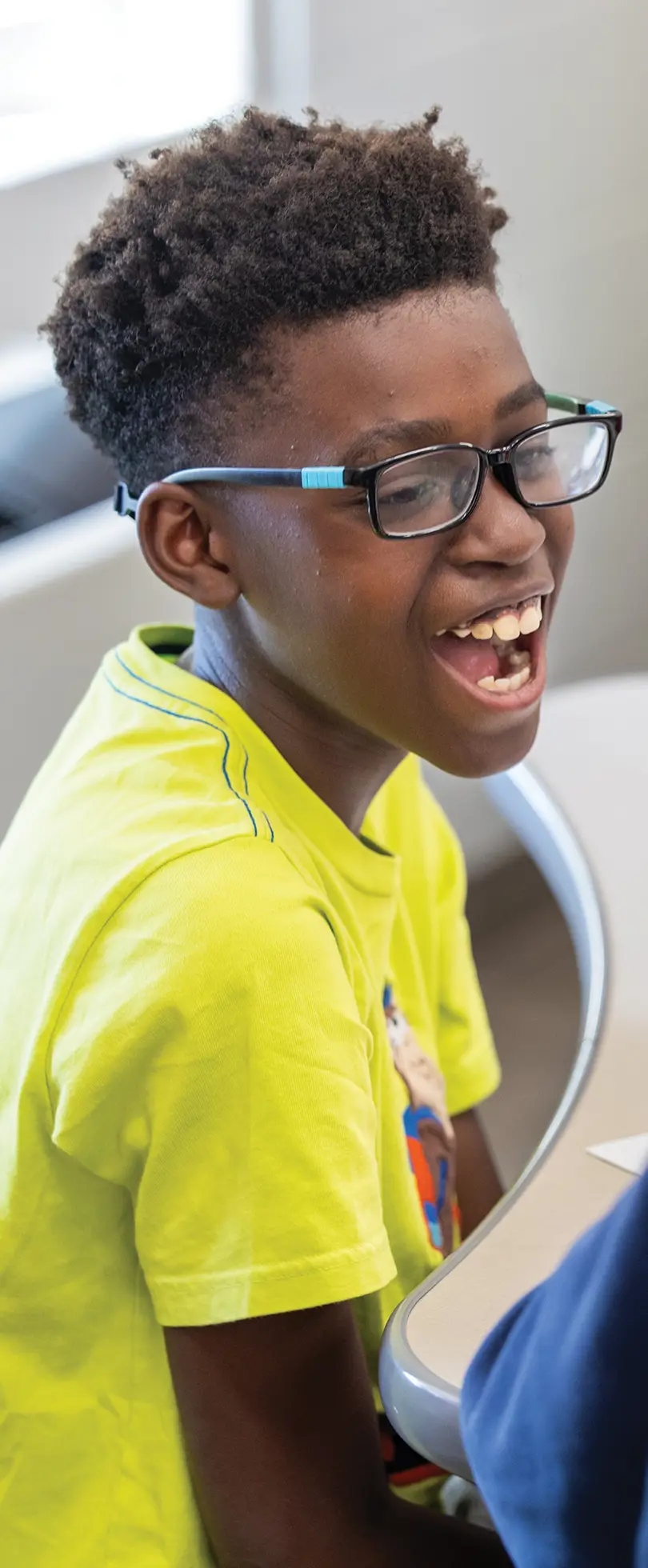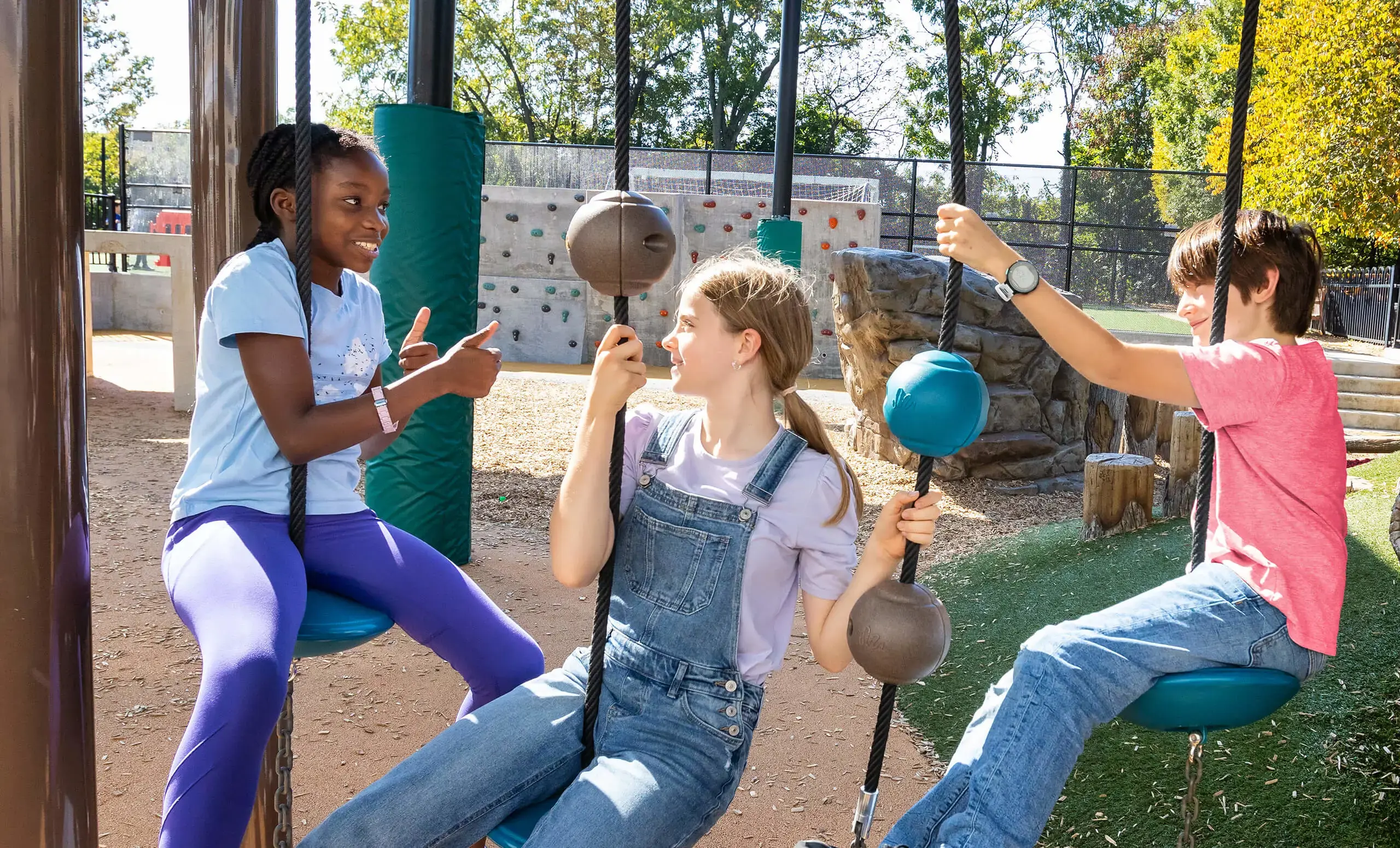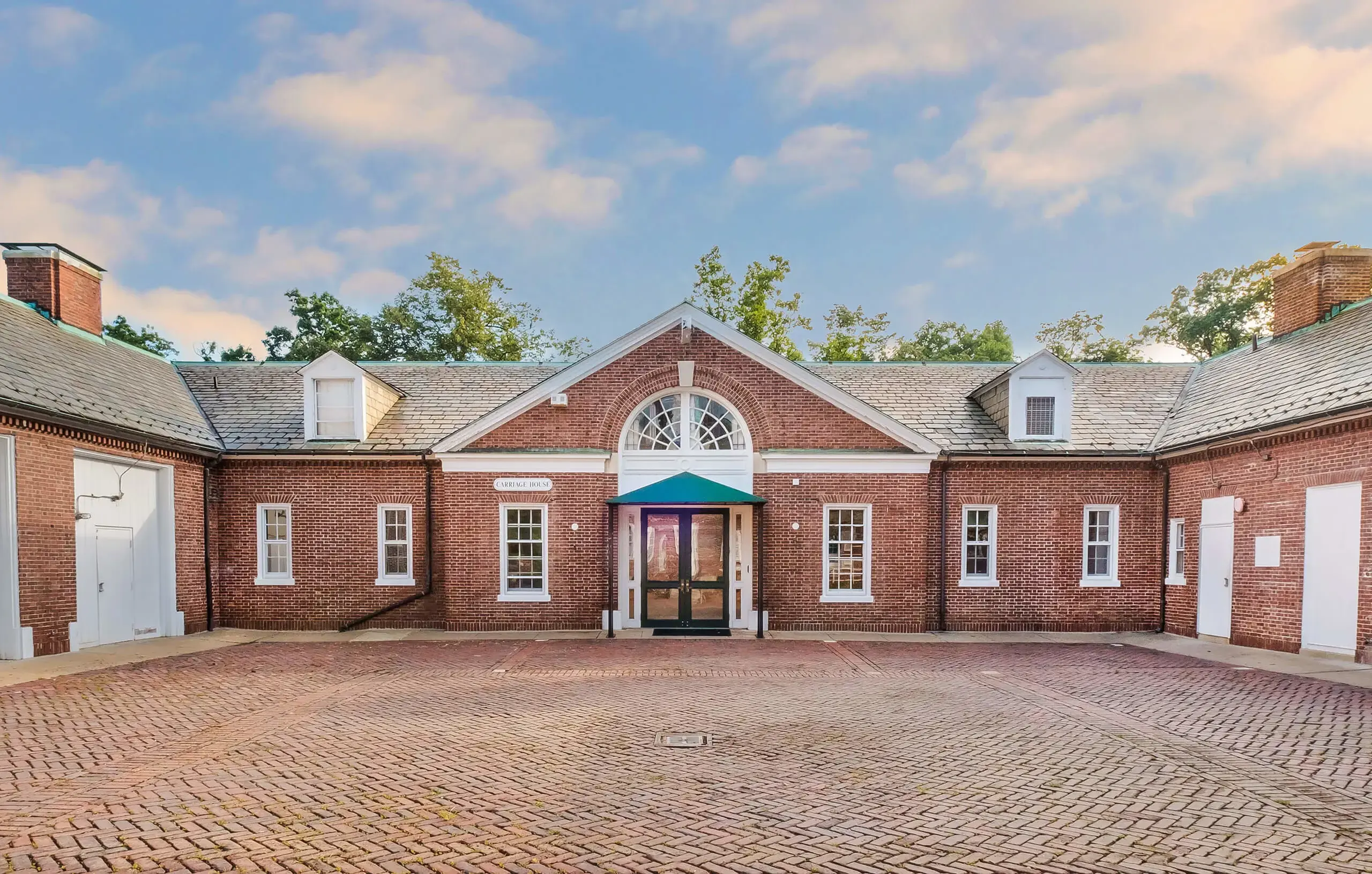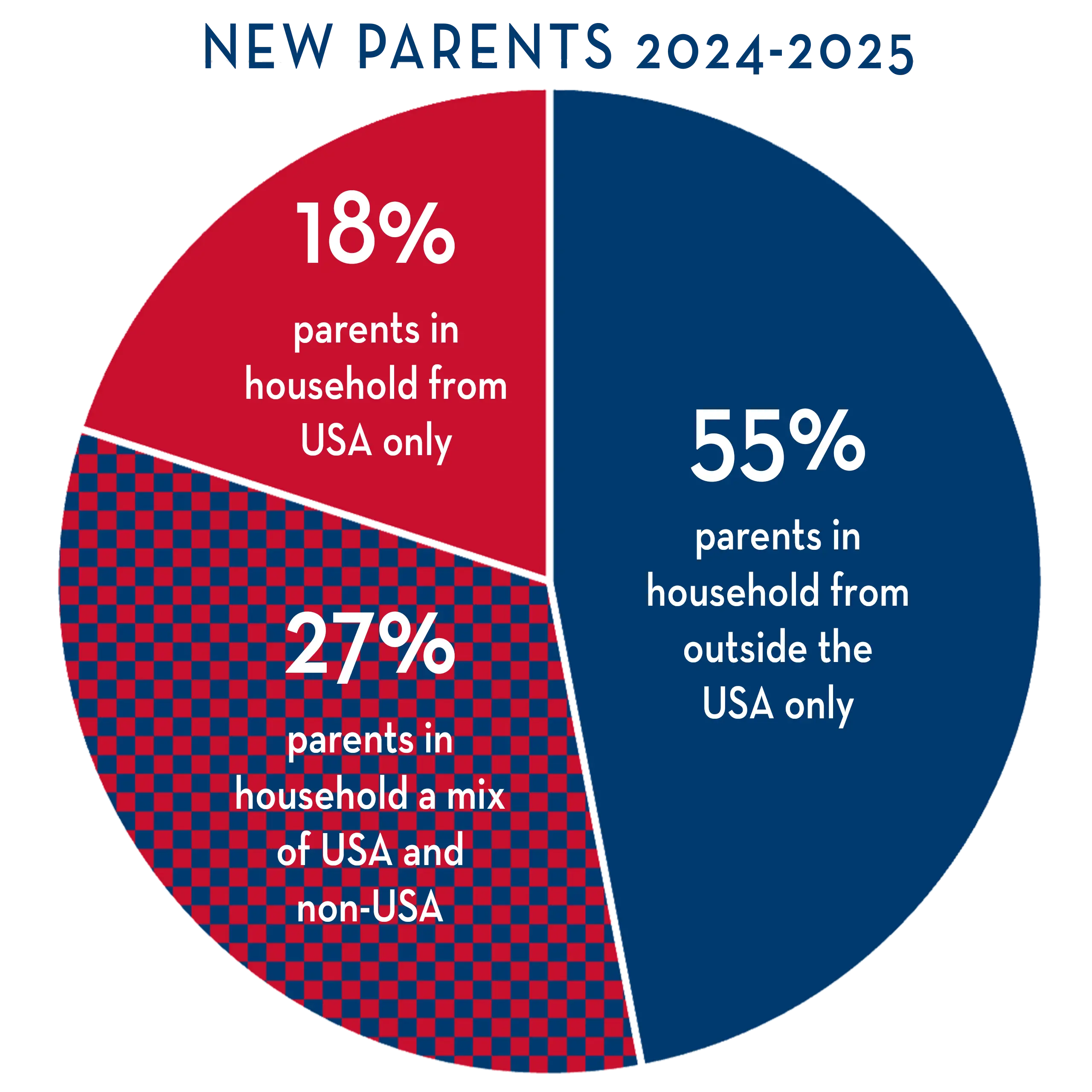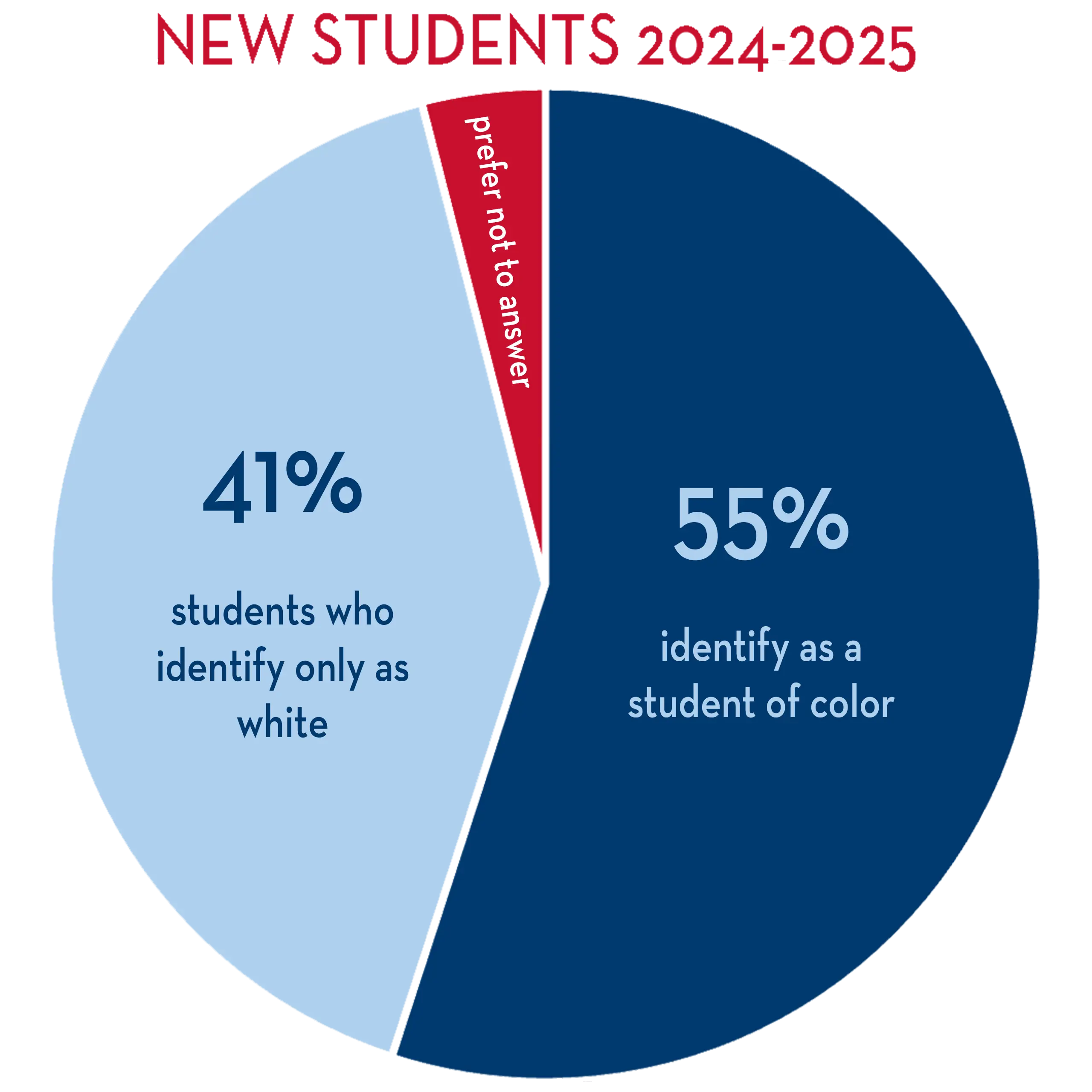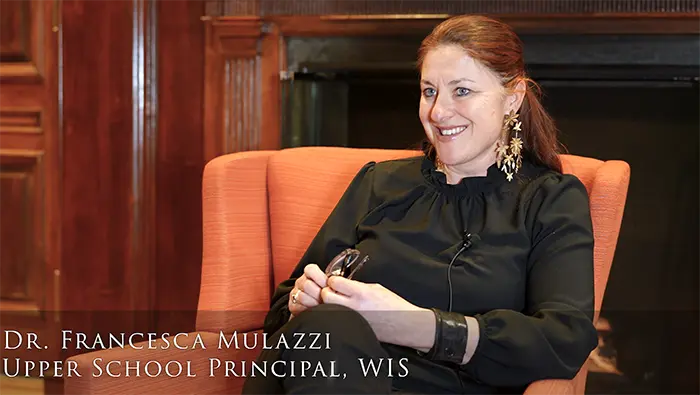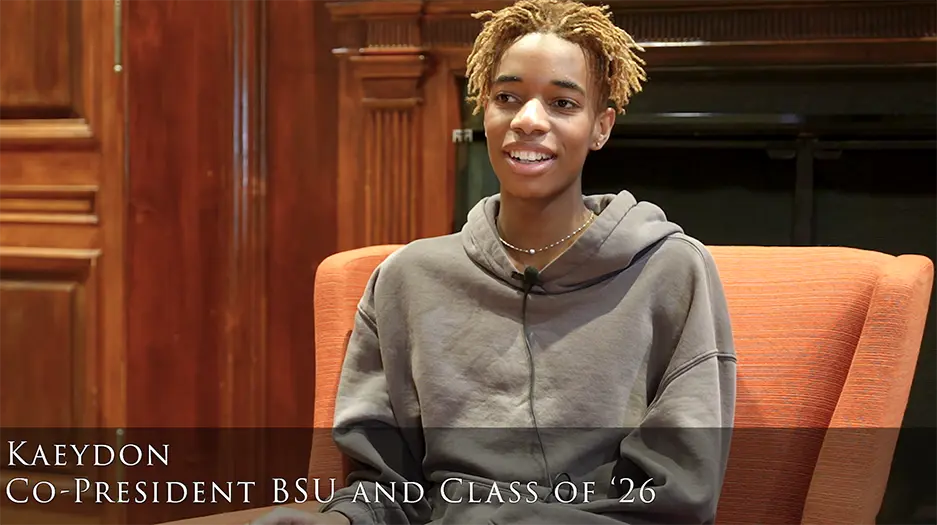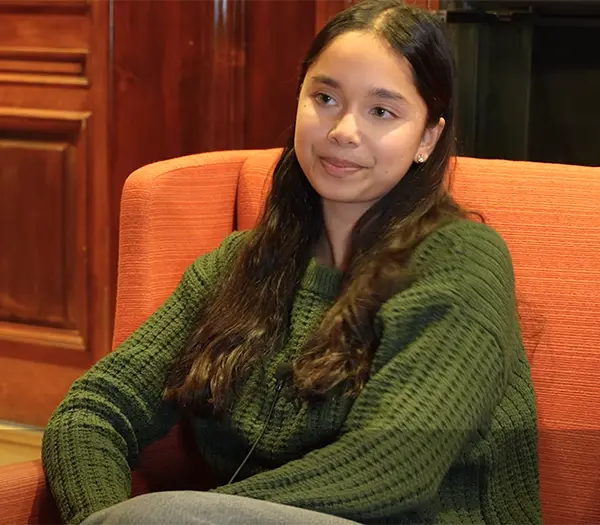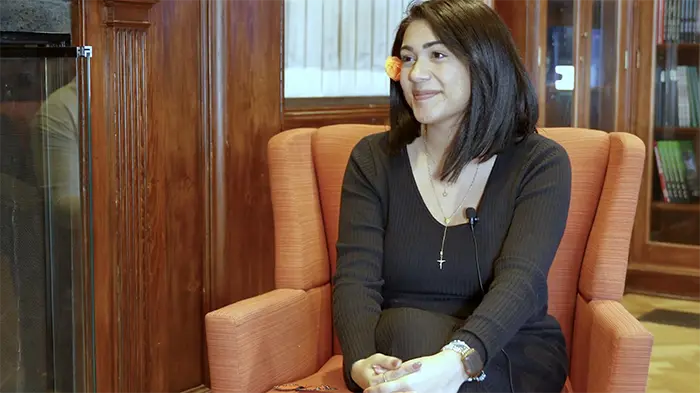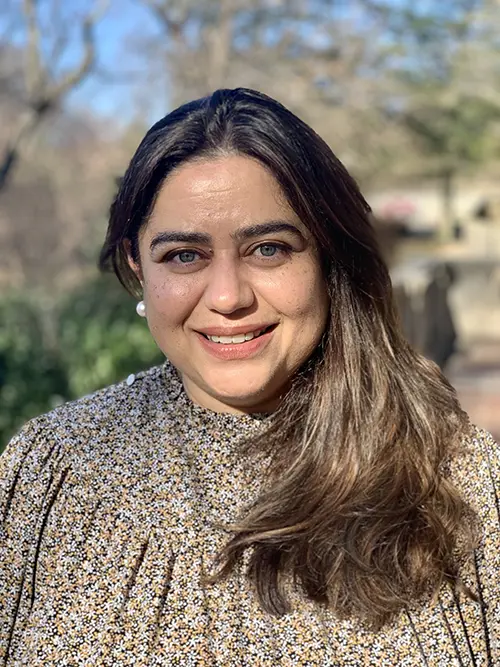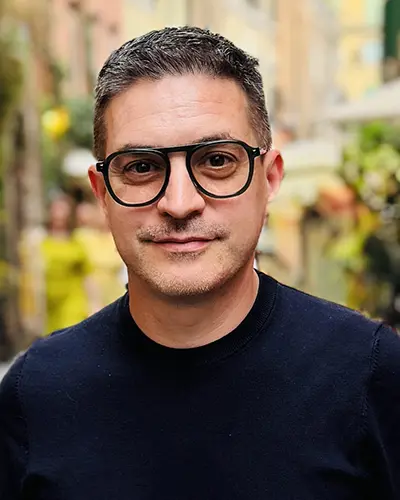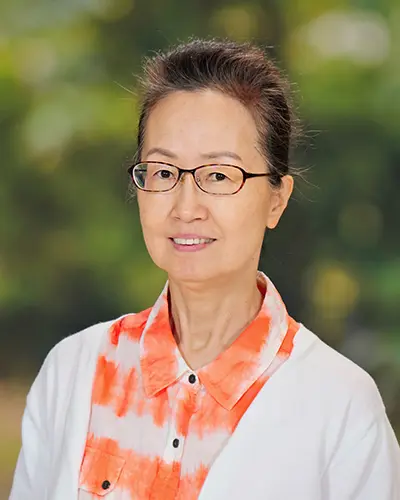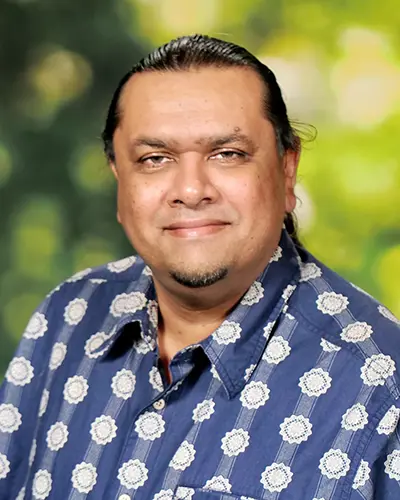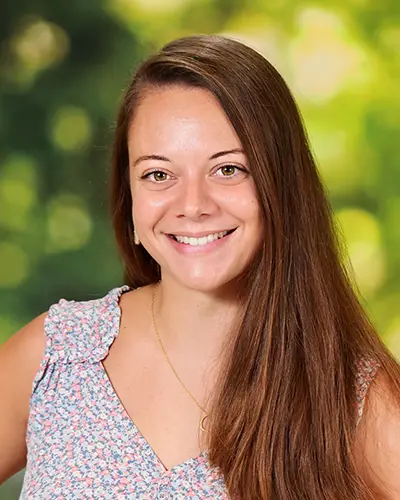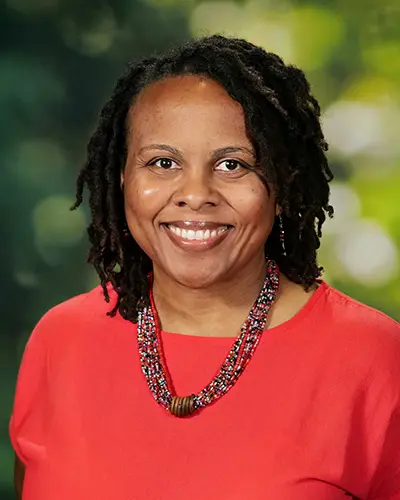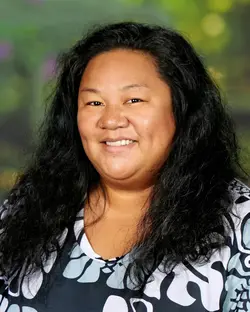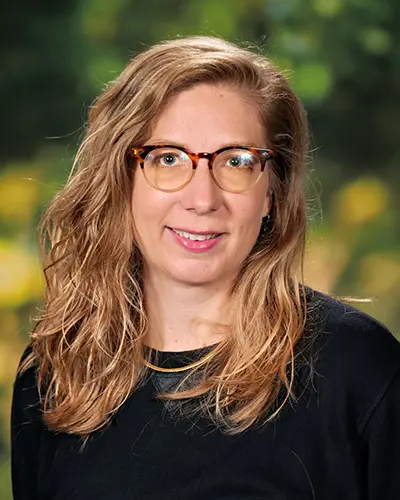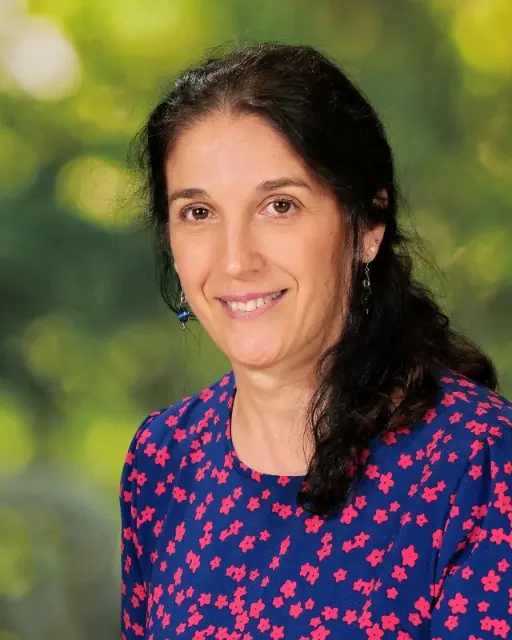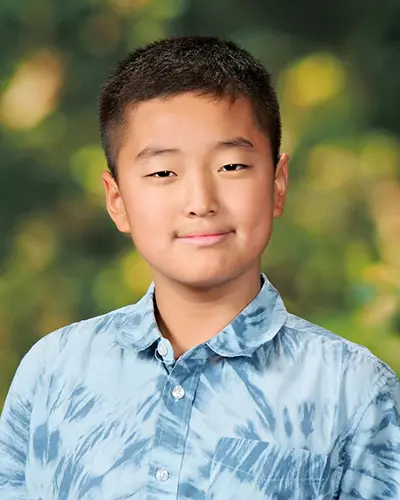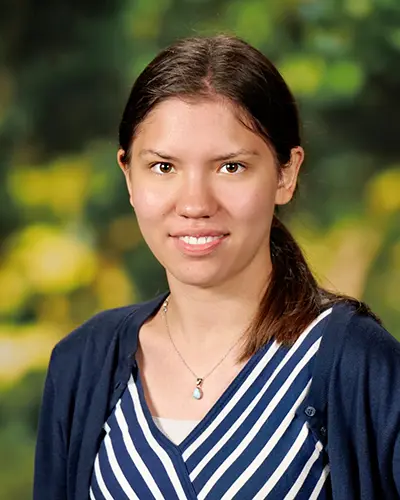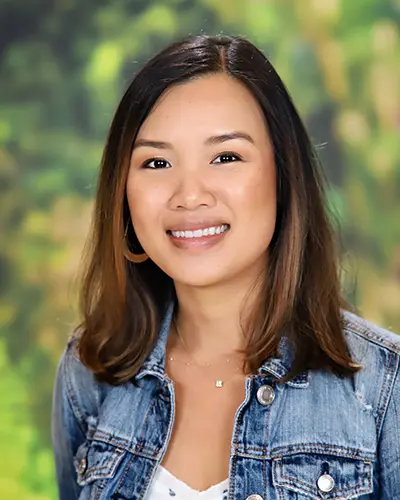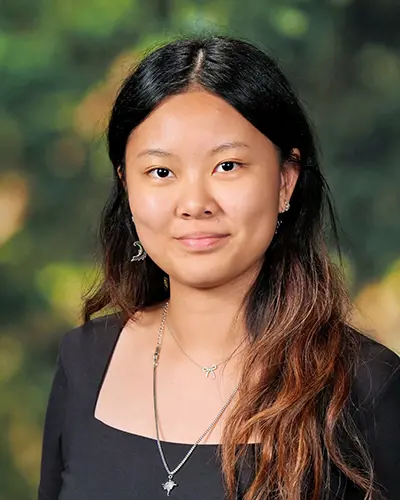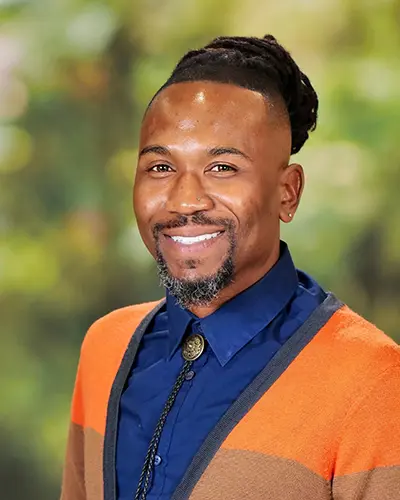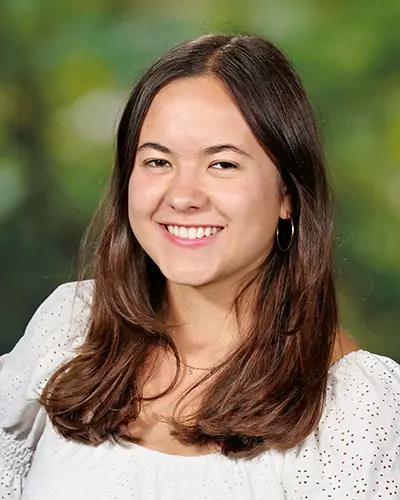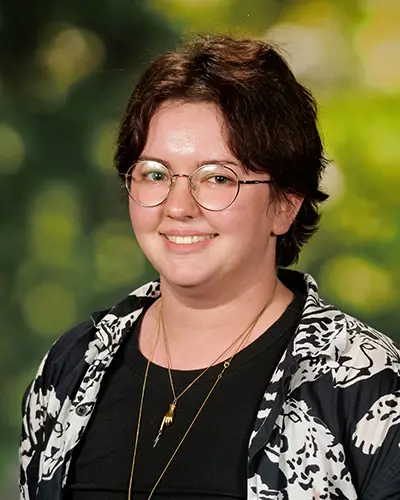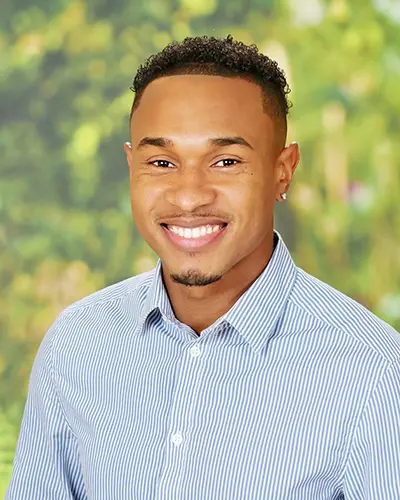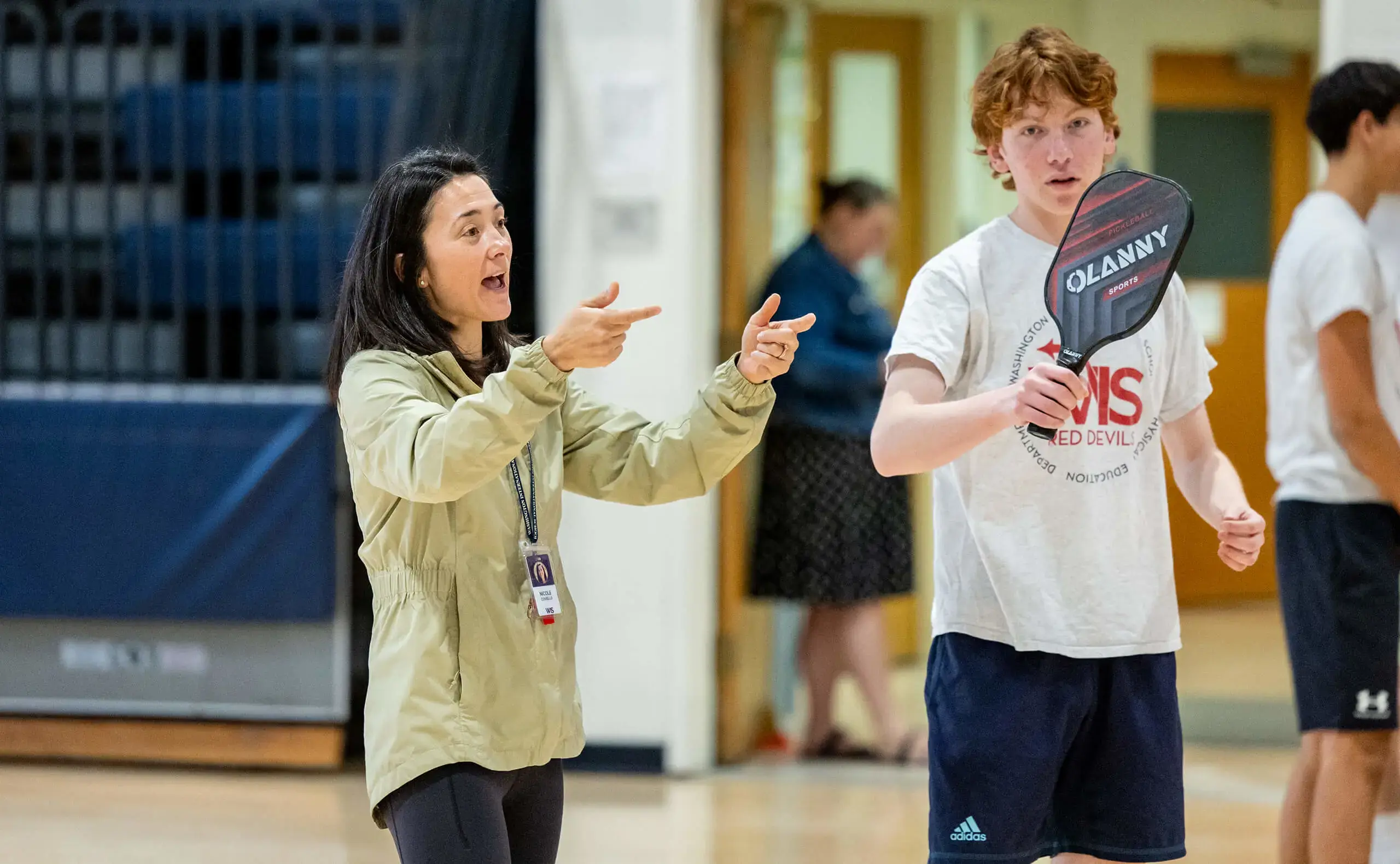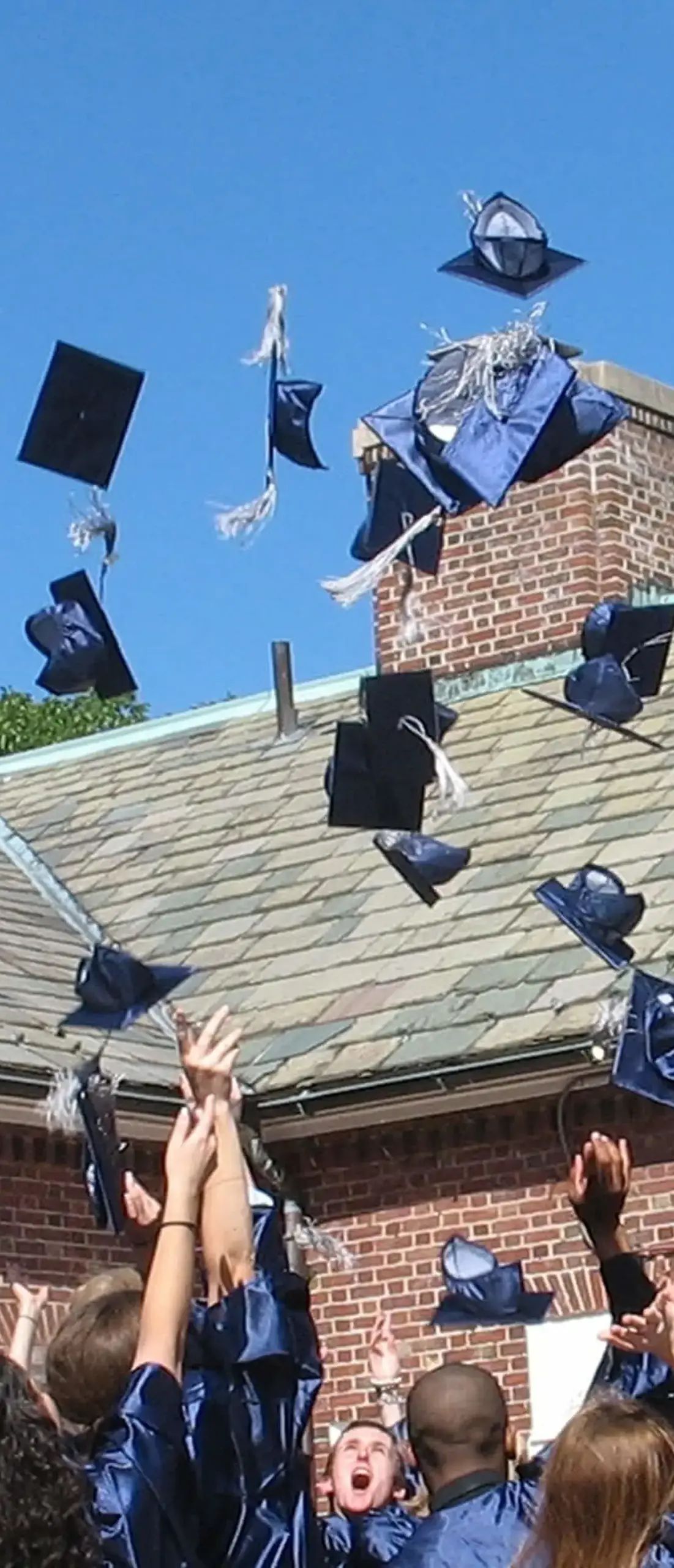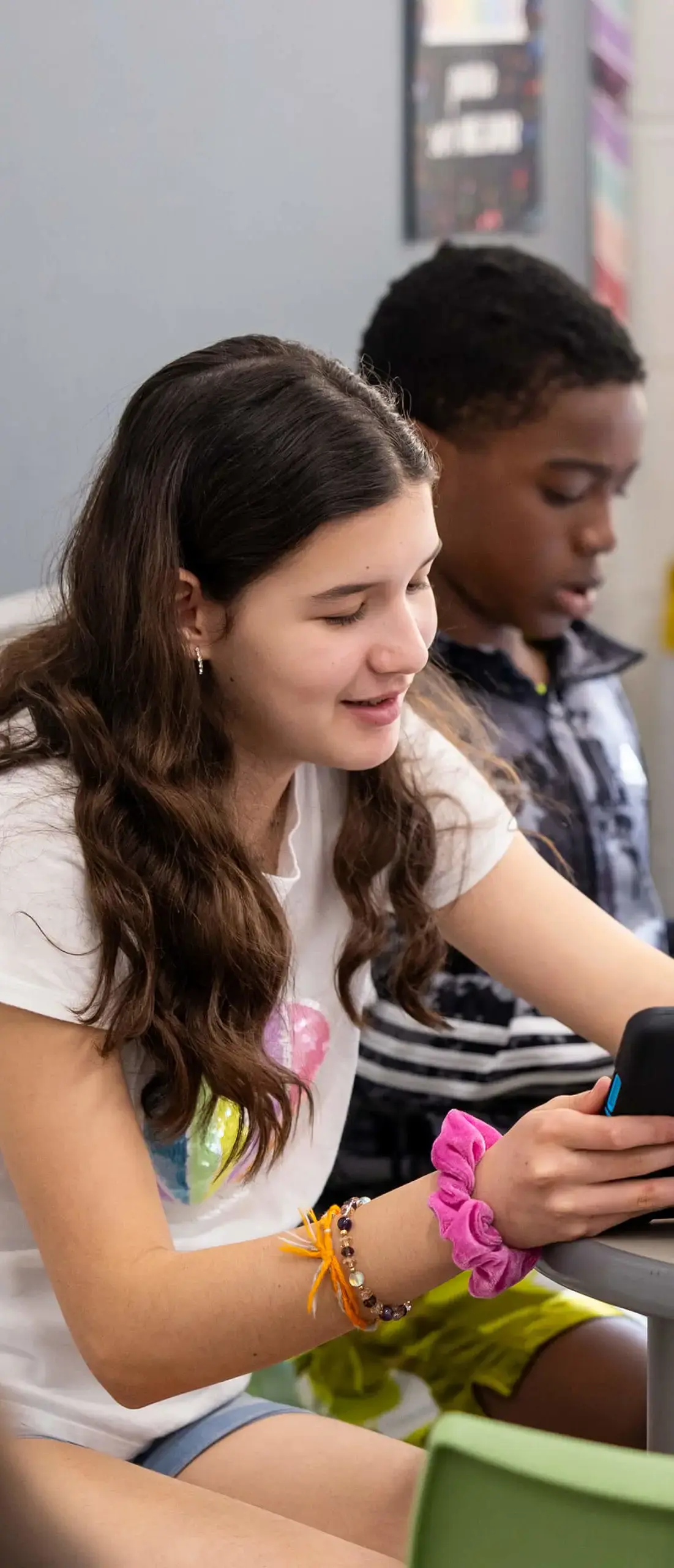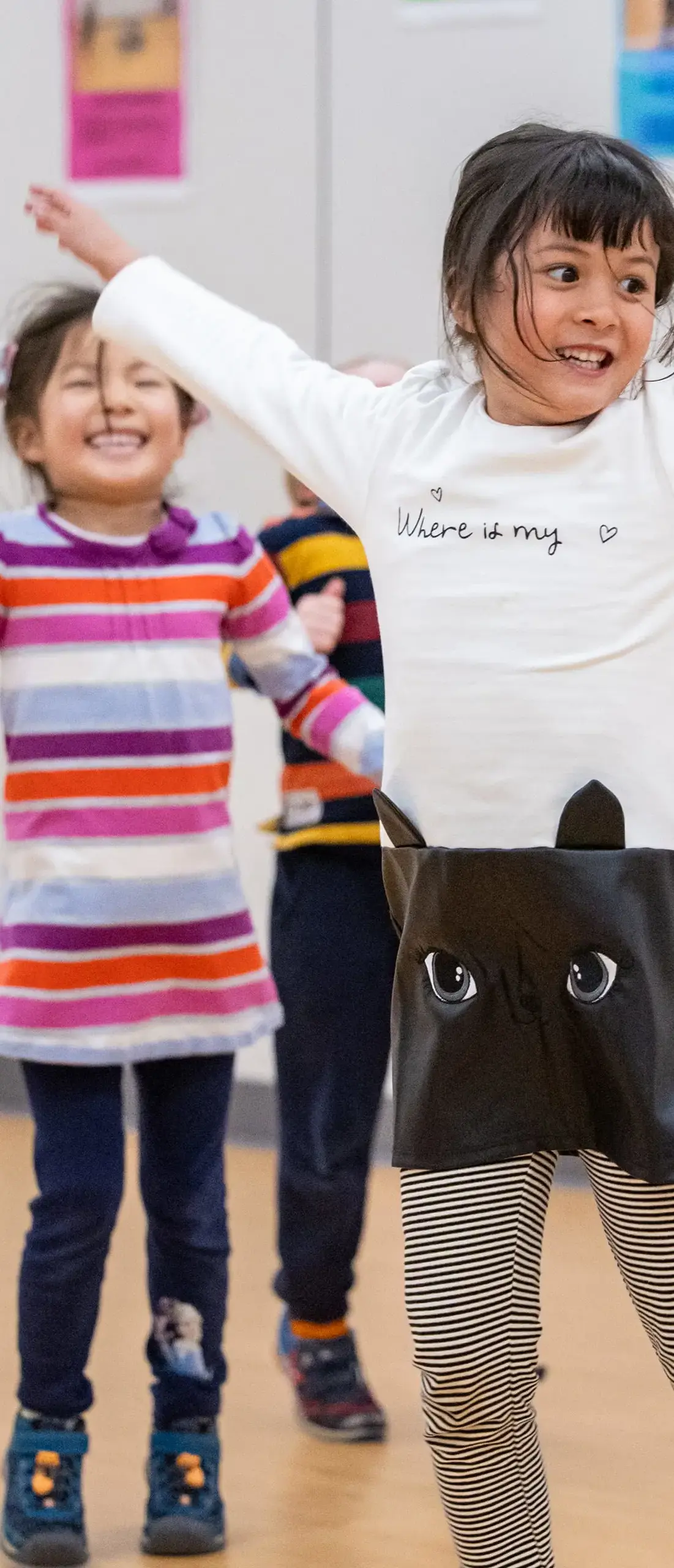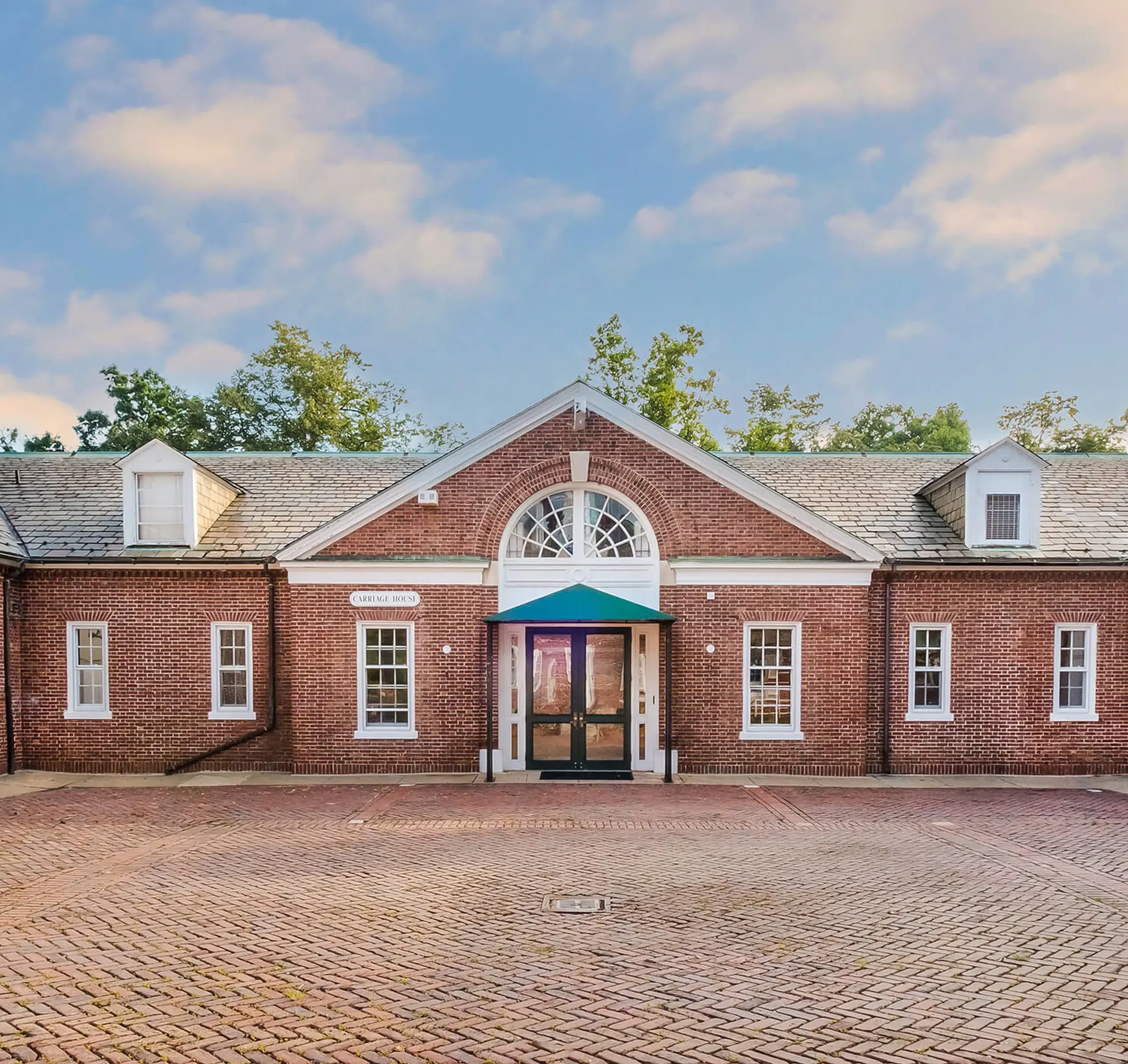INTERNATIONAL-MINDEDNESS, DIVERSITY, AND INCLUSION
We are committed to being a community where all are welcome and valued, regardless of race, gender identity, sexual orientation, physical ability, ethnicity, socioeconomic status, cultural practices/beliefs, nationality, or perspective.
As an institution that has valued global citizenship since our founding, we wanted to ensure our diversity and inclusion programs extend beyond national boundaries. In accordance with the CIS Code of Ethics, we strive to model inclusivity, exploring how we can learn from each other and express our ideas, beliefs, and opinions with empathy and civility.
Therefore, WIS’s diversity programs fall under the umbrella of international-mindedness, diversity, and inclusion, known as IDI. We established the following definitions so community members will have a common understanding of these terms.
| International-Mindedness |
|---|
|
A view of the world in which people see themselves connected to the global community and assume a sense of responsibility to its members. It is an awareness of the inter-relatedness of all nations and peoples, and a recognition of the complexity of these relationships. Internationally-minded people appreciate and value the diversity of cultures in the world and make an effort to learn more about them. (This definition comes from the International Baccalaureate.) |
| Diversity |
| The full range of differences and similarities — visible and non-visible — that make each individual unique. |
| Inclusion |
| The process of recognizing, valuing, and maximizing the opportunities that arise from having different perspectives and backgrounds. |
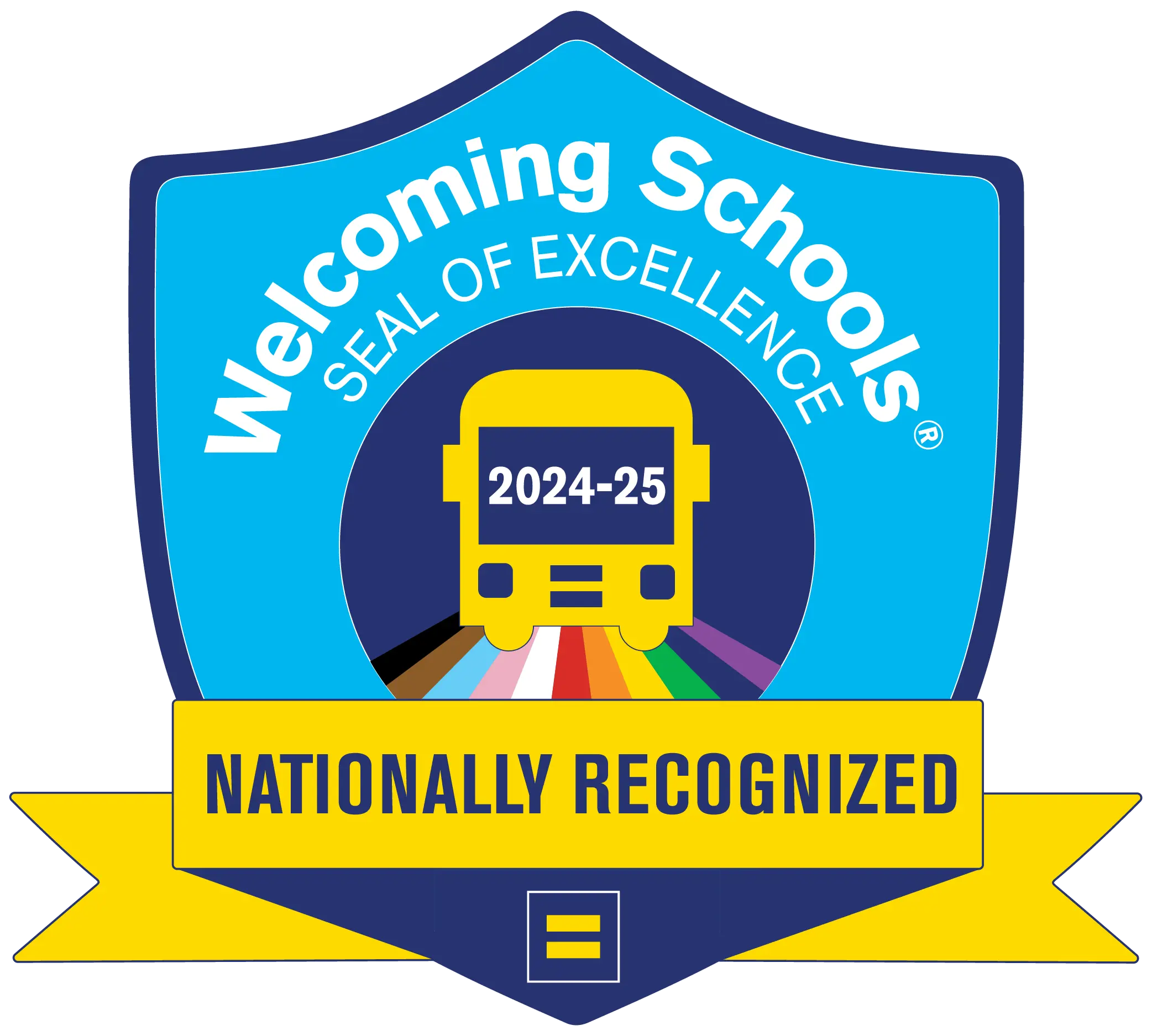
WELCOMING SCHOOLS HONORS WIS
WIS is officially a Welcoming School! A member of the Human Rights Campaign Foundation (which runs the Welcoming Schools program) team attended a June 2024 ceremony at WIS to officially bestow this honor. WIS is the first school in the United States to achieve this designation at both the primary and secondary school levels.
COMMUNITY-SPOTLIGHTS |
Each month, the IDI newsletter features different members of the WIS community through either a video/podcast or written spotlight, typically aligned with the theme of the month. The written spotlights may be written in English, Spanish, French, or Chinese, reflecting our school languages.
VIDEO/PODCAST INTERVIEWS
| February 2026 | Dr. Francesca Mulazzi, Upper School Principal |
|---|
|
This month, I had the opportunity to sit down with our new Upper School Principal, Dr. Francesca Mulazzi, as part of our Women’s History Month spotlight. We spoke about her first month at WIS, what has stood out to her, and the moments that have given her pause for reflection. Francesca also shared what it means to lead as a woman in her position and how her identity shapes the way she supports students, faculty, and the wider WIS community. I am grateful to celebrate one of the many incredible women leaders who help shape our school each day. |
| January 2026 | Kaeydon, Class of 2026 |
|
This month’s IDI Community Spotlight features Kaeydon ’26, one of the co-presidents of the Upper School Black Student Union (BSU). n this interview, Kaeydon shares insight into the meaningful work being done by the BSU and reflects on what Black History Month means to him through an international lens. His perspective reminds us that Black history is not confined to one country or narrative, but is deeply global, interconnected, and evolving. Any moment we have to engage and hear from the students is always a special one, and I hope you enjoy. |
| November 2025 | Amana, Class of 2028 |
|
This month, I spoke to Amana about her Grade 10 Project — creating a podcast to share information about college, careers, and life skills with DC high school students who may not have access to these resources at home or at school. Her aim is to make pathways to higher education and financially sustainable careers more accessible for all. While researching, Amana found data showing the underrepresentation of people of color in higher education and higher-paying fields in DC. This inspired her first episode, which focuses on the importance of diversity and representation in schools and workplaces. As part of her project, Amana reached out to interview me about IDI and why representation matters. |
| October 2025 | Evelyn Ward, Primary School Learning Specialist |
|
This month, I had the pleasure of sitting down with Primary School Learning Specialist Evelyn Ward, a new WIS staff member. She talked about the many ways she celebrates Día de los Muertos with her family — past and present. |
| September 2025 | Elise Stephenson, Director of WIS Institute for Teachers (WISIT) |
|
Click below to see Elise discuss LGBTQ+ History Month. |
| May 2025 | Qiumei “Christy” Nong 农秋美, Tregaron Chinese Teacher |
|
Click below to see Christy discuss what Asian American, Native Hawaiian, and Pacific Islander Heritage Month means to her. |
| April 2025 | Randa Mudarris, Upper School Math Teacher |
|
Click below to see Randa discuss what Arab American Heritage Month means to her. |
| March 2025 | Sophia, Class of 2026 |
|
Click below to see Sophia discuss what Women's History Month means to her. |
| February 2025 | Lisa McNeill, Primary School Assistant Principal |
|
Click below to see Lisa discuss what Black History Month means to her. |
| November 2024 | Natasha Bhalla, Associate Head of School |
|
CLICK HERE to listen to Natasha. |
| October 2024 | Randy Althaus, Middle School Principal |
|
Click below to see Randy. |
| September 2024 | Ramón Cuevas, Audiovisual and IT Specialist |
|
Click below to see Ramón discuss his love for his Dominican heritage and music. |
| May 2024 | Anton, Class of 2025 |
|
Click below to see Anton discuss his favorite Asian Student Union event was this past year.
|
| April 2024 | Pauline Karroum, Upper School French Teacher |
|
Click below to see Pauline discuss Arab American Heritage Month.
|
| March 2024 | Clara, Class of 2025 |
|
Click below to see Clara share her thoughts on Women's History Month. |
| February 2024 | Lucas, Class of 2025 |
|
Lucas is back with a new reflection, this time on Black History Month!
|
| January 2024 | Lucas, Class of 2025 |
|
Enjoy Lucas reflect on what Dr. Martin Luther King Jr. means to him. |
| november 2023 | Sushmita Vargo, Upper School HUmanities Teacher |
|
Meet Sushmita and learn how to celebrate Diwali! |
| October 2023 | Charles Gueboguo, Upper School French Teacher |
|
Click below as Charles explores the intersections of identity, inclusion, and activism. |
| September 2023 | Claudia cárdenas, chief of staff |
|
Click below to discover why Claudia's heart dances to the rhythm of Baile Folklórico and how her passion for this traditional art form connects her to her roots. |
WRITTEN PROFILES
| September 2025 | Federico Pisano, Middle School Spanish Teacher |
|---|
|
“Checkmark” — Reflexiones sobre ser Hispano } A reflection piece on being Hispanic “Por favor, tome este formulario y complételo”. En esa oficina gubernamental sin personalidad y con poco gusto por la estética, me encontraba ante una lista que requería que eligiera, marcando con una X, quién yo era. “¿Blanco, Afroamericano, Asiático, Hawaiano o Hispano?” Nunca imaginé que una simple lista o “checklist” tuviera tanto peso, ni imaginaba que una palabra fuera tan trascendental. Primero, ¿por qué esa división? Acaso ¿un hispano no podía ser asiático o blanco o afroamericano? — Porque sí, América es un continente, no un país — ¿En qué caja me debía incluir? Ese simple acto administrativo no era solo un trámite para mí. Era tener que decidir quién era yo, en qué categoría encajaba y cuál sería el lente desde el cual la sociedad norteamericana me vería. Hasta ese momento era argentino, o bien argentino descendiente de italianos. Se podría decir que por el color de mi piel era blanco, pero no “blanco” desde el punto de vista americano. ¿Era hispano? Pero, ¿qué es realmente ser “hispano”? Algo que parecía tan sencillo de contestar, en realidad incluía (y aún incluye) una gran complejidad. Ante la mirada de muchos, no era lo suficientemente “latino” para ser hispano, ni lo suficientemente europeo para ser blanco. Ya han pasado más de veinte años desde ese momento frente al formulario. Hoy en día, ese formulario es más inclusivo. Sin embargo, el ¿quién soy yo? sigue siendo una pregunta que nos vemos desafiados a contestar todos aquellos que somos inmigrantes o parte de una minoría. En el mes de la Hispanidad, elijo moverme más allá de la controversia y centrarme en la celebración de quiénes somos en todas nuestras variantes. Elijo ver más allá de un término creado en Estados Unidos en los 70 para censar a la población y ver todo aquello que nos une. Ser hispano para mí es celebrar la diversidad, es seguir llamando “mi casa” al hogar de mis padres, incluso después de años de no vivir allí. Es hablar con mi familia varias veces por semana. Es tener el grupo de Whatsapp “Padres”, el grupo “hermanos” e incluso el grupo “primos”. Es sentarnos a comer juntos en la mesa y disfrutar de la sobremesa (ese tiempo después de comer, que incluye charlas y café, y que puede durar horas). Es empezar a hablar en español cuando descubres que alguien es de un país hispanohablante. Es hacer chistes de las tragedias y hacer de cosas insignificantes grandes tragedias. Es criticar a tu país de origen, pero extrañarlo terriblemente a la misma vez. Es camaradería y es saber que solo otro hispano entiende aquello que aquí nos falta. Por eso, en estos tiempos, cuando es tan difícil celebrar y celebrarnos, recordemos que no vale la pena esperar que el otro nos reconozca y nos valore. En el mes de la Hispanidad (y siempre) retoma y restaura ese orgullo que a veces puede estar magullado. Busca a tu comunidad, crea lazos, comparte experiencias y extiende tu apoyo. Y si no eres parte de esa comunidad, recuerda defenderla, porque en ese simple acto, también estás defendiendo tu derecho a Ser. Por último, vive la complejidad de quién eres y, sobre todo, recuerda que el único “checkmark” que realmente vale la pena es el de ser tú mismo. ¡Celebremos! Sobre mi: Soy profesor y coordinador de Español en Middle School, y acabo de comenzar mi décimo año en WIS. Para mí, WIS es más que una escuela: es una comunidad donde puedo ser yo mismo y donde se celebra quién soy. Como docente, me esfuerzo para que mis estudiantes se sientan vistos y valorados, al mismo tiempo que los animo a abrirse a nuevas perspectivas y a desarrollar una visión global. English translation: “Please take this form and fill it out.” In that impersonal, aesthetically barren government office, I found myself staring at a checklist that required me to choose, by marking an X, who I was. “White, African American, Asian, Hawaiian, or Hispanic?” I never imagined that a simple checklist could carry so much weight, nor that a single word could be so consequential. First, why that division? Couldn’t a Hispanic also be Asian, or White, or African American? (Because yes, America is a continent, not a country.) Which box was I supposed to check? That simple bureaucratic act wasn’t just paperwork for me — it meant having to decide who I was, what category I fit into, and through which lens American society would see me. Up until that moment, I was Argentine — or more precisely, Argentine of Italian descent. You could say that because of my skin tone I was white, but not “White” in the American sense. Was I Hispanic? But what does it really mean to be “Hispanic”? What seemed so simple to answer actually carried (and still carries) enormous complexity. To many, I wasn’t “Latino” enough to be Hispanic, nor European enough to be White. More than twenty years have passed since that moment in front of that form. Today, those forms are more inclusive. Yet the question “Who am I?” remains one that all of us who are immigrants or part of a minority must wrestle with. During Hispanic Heritage Month, I choose to move beyond controversy and focus instead on celebrating who we are in all our variations. I choose to look past a term coined in the United States in the 1970s for census purposes, and instead see all that unites us. For me, being Hispanic means celebrating diversity. It means still calling my parents’ home “my house”, even after years of not living there. It’s talking to my family several times a week. It’s having a “Parents” WhatsApp group, a “Siblings” group, and even a “Cousins” group. It’s gathering around the table to eat and savoring the sobremesa (that time after a meal filled with conversation and coffee that can last for hours). It’s switching to Spanish the moment you realize someone is from a Spanish-speaking country. It’s joking about tragedies and turning insignificant things into great dramas. It’s criticizing your country of origin but missing it desperately at the same time. It’s camaraderie, and knowing that only another Hispanic truly understands what we miss here. That’s why, in these times when it can be so hard to celebrate and celebrate ourselves, let’s remember it isn’t worth waiting for others to recognize and value us. During Hispanic Heritage Month (and always), reclaim and restore that pride that sometimes feels worn down. Seek out your community, build bonds, share experiences, and extend support. And if you’re not part of that community, remember to defend it — because in that simple act, you are also defending your own right to be. Finally, embrace the complexity of who you are, and above all, remember that the only “checkmark” that truly matters is the one that affirms being yourself. Let’s celebrate! About me: I am a Middle School Spanish teacher and coordinator, and I have just begun my tenth year at WIS. For me, WIS is more than a school — it is a community where I feel free to be myself and where who I am is celebrated. As a teacher, I strive to ensure that my students feel seen and valued, while encouraging them to embrace new perspectives and cultivate a global outlook.
|
| May 2025 | Hae Young Lee 이해영 李海英, Primary School Music Teacher |
|
As a teacher at WIS, I’d like to share my journey of embracing global learning—a path shaped by both challenges and incredible opportunities. Moving from South Korea to the United States opened up a new world for me, one that has taught me a great deal about resilience, culture, and connection. I was born in Kimpo, South Korea, and my family moved frequently because my father worked as a government official in Seoul. I attended three different elementary schools. One of them was so overcrowded that I was student number 103. Even with the constant changes, I’ve always been grateful for the educational opportunities I had. My family has a deep and meaningful history. My grandfather was a judge and later became the president of the Korean National Police University. He lived through the Korean War and the hardships of Japanese colonization. My parents also experienced many of these difficulties, but they always held onto the belief in lifelong learning—a value they passed down to me and my sisters. It’s a belief I carry with me to this day. In 1983, after marrying my husband, I moved to the United States. Adjusting wasn’t easy. I had to learn English, figure out how to drive, and adapt to a very different culture. I missed my family and the safety and convenience of South Korea’s public transportation. While raising my three children, I worked in a variety of jobs—from cashiering at a fast food restaurant to typing for the United Postal Service. Despite the struggles, I found joy and growth in my new environment. I embraced the richness of different cultures and languages. I made the choice to study German, Japanese, and French so I could better connect with people in my community and teach songs in their original languages. Throughout my teaching career, I’ve shared Korean songs with my students and taught folk songs from around the world in their native tongues. My love for language learning also shaped the way I raised my children. I enrolled them in language immersion programs, and today, my daughter is fluent in Korean, Japanese, and English, while my son speaks French, Korean, and English. Our family has become beautifully international—my son married a Brazilian woman and my daughter married an American in Massachusetts. Now, my two-year-old granddaughter is learning Portuguese, English, and Korean. At WIS, I feel proud to share my Korean heritage with students. I introduce them to Korean songs, food, and traditional customs. These exchanges don’t just enrich their lives—they continue to enrich mine, too. Through every step of my journey, I’ve come to believe even more deeply in the power of education, resilience, and cultural exchange. Global learning isn’t just something I teach—it’s something I live every day. I hope my story reminds others that every experience we have can bring us closer to understanding one another in our beautifully connected world.
|
| April 2025 | Khurram Sheharyar, Upper School Computer Science Teacher |
|
As a dedicated educator and a proud Muslim, I find great joy in sharing knowledge and fostering understanding across cultures. Currently, we are in the blessed month of Ramadan, a time of deep spiritual reflection and community for Muslims around the world. Ramadan is the ninth month of the Islamic lunar calendar and is observed by Muslims as a month of fasting, prayer, and charity. It is a time when we abstain from food and drink from dawn until sunset, focusing instead on self-discipline, gratitude, and empathy for those less fortunate. The fast is not just a physical act but a spiritual journey that helps us purify our hearts and minds, drawing us closer to Allah (God). One of the most profound aspects of Ramadan is the sense of unity it brings. Families and communities come together to break their fasts with meals known as iftar, sharing not only food but also the blessings of the month. The nightly Taraweeh prayers, where long portions of the Quran are recited, offer a unique opportunity for spiritual growth and connection with the divine. Ramadan is also a time for increased charity, known as Zakat and Sadaqah. These acts of giving are integral to the month, reminding us of our responsibility to support those in need and to foster a sense of global brotherhood. A cherished part of my Ramadan routine is the pre-dawn meal, Sahoor. I love waking up early to prepare this meal for my family. One of my favorite Sahoor dishes is Paratha with fried eggs and a warm cup of tea. There’s something special about these quiet, early morning moments, filled with the aroma of freshly cooked food and the anticipation of the day ahead. Preparing Sahoor is not just about nourishment; it’s an act of love and care for my family, setting a positive tone for the day. As we navigate through Ramadan, I am reminded of the importance of patience, humility, and compassion—values that resonate deeply in both my personal life and my role as an educator. This month serves as a powerful reminder of the blessings we often take for granted and the virtues we should strive to embody throughout the year. In sharing this, I hope to offer a glimpse into the beauty and significance of Ramadan, not just for Muslims but as a universal message of peace, reflection, and community. May this month bring blessings and enlightenment to all. |
| March 2025 | Amandine Jutier, Primary School French as an Additional Language teacher |
|
March is Francophonie Month, so I decided to write this text in both English and French. Are you ready to follow along? Le mois de mars est le mois de la Francophonie, donc j’ai décidé d'écrire ce texte en anglais et en français. Vous êtes prêts à suivre ? Bonjour! My name is Amandine, and I am a French teacher and IDI coordinator at WIS. When I was asked to reflect on Women’s History Month, I wasn’t quite sure where to begin. Then, I thought back to a conversation I had over lunch with colleagues, and I knew I had found my inspiration. Bonjour! Je m’appelle Amandine et je suis professeure de français et coordinatrice IDI à WIS. Quand on m’a demandé de parler du mois de l’histoire des femmes, je ne savais pas vraiment sur quoi j’allais me concentrer. Puis, j’ai repensé à une conversation que j’avais eu avec des collègues autour d’un déjeuner et me suis dit que j’avais trouvé mon inspiration. In addition to my role as the Primary School French as an Additional Language (FAL) teacher, I am also one of the Primary School IDI Coordinators. This year, the IDI team decided to connect the themes of Black History Month and Women’s History Month by exploring women from Historically Black Colleges and Universities (HBCUs). In February, we launched an HBCU Door Contest initiative, and through that process, we recognized that highlighting women from HBCUs would serve as a meaningful bridge between these two important months. Black women—and women in general—are too often underrepresented and unrecognized in our society. In that same spirit, as my colleagues and I recently spoke about the accomplishments of a coworker, I realized that we do not celebrate the women in our own community enough. We walk past one another daily, but do we truly see each other?
Each of these questions represents one or more women in our community. Do you see them? Do you celebrate them? But do you also see…
For so many years, I myself felt unseen. As a child, I was told that I talked too much, that I was overreacting, that I was too sensitive, too critical, too emotional. I internalized those messages, believing that I was too much. Then, at 29, I was diagnosed with ADHD. Suddenly, all those comments from my childhood made sense. There was never anything "wrong" with me—I had simply lived with undiagnosed ADHD. Unlike my brother, who was diagnosed in his teens (which should have happened even sooner), no one ever considered that I, too, might have ADHD. Why? Because I was a girl. Statements like “Girls just chit-chat in class,” “Girls cry over nothing,” and “Girls always overreact” are common. In my case, these assumptions led to an undiagnosed disorder and years of self-doubt. At 10 years old, I was taken to a nutritionist because I was “chubby.” A number on the scale and an index defined me as overweight. I was told to write down everything I ate for two weeks and was then placed on a diet to lose weight—at 10 years old. That experience deeply shaped my relationship with food and body image. I share these personal experiences because society imposes rigid expectations on what girls and women should be and how we should look. These expectations are what we, as women, have to resist every day. We have to constantly assert that we can be whoever we choose to be, dress however we want, and define ourselves on our own terms. We must continually prove ourselves in professional spaces, advocate for our rights in both public and private spheres, and remind the world that our bodies belong to us—and only to us. Women are strong, powerful, and resilient. But women also need to be seen, supported, and celebrated. That is what March will highlight. I tried to think of one woman who inspires me, but I quickly realized that it is not just one woman—it is every woman around me, both within our WIS community and beyond: Ms. Nachbar, Ms. Miller, Mme Olivia, Kamala Harris, Leah Ward Sears, Katherine Johnson, and so many other women whose achievements inspire me daily and deserve recognition. Now, I turn this reflection over to you: As you go about your day, take a moment to truly see the women around you. Let’s celebrate them—this month and every month. J’ai essayé de réfléchir à une femme qui m’inspire en particulier mais je me suis rendue compte que ce n’est pas UNE femme qui m’inspire, mais CHAQUE femme qui m’entoure, que ce soit au sein de notre communuauté à WIS ou en dehors: Ms Nachbar, Ms Miller, Mme Olivia, Kamala Harris, Leah Ward Sears, Katherine Johnson, et tant d’autres femmes dont les accomplissements m’inspirent au quotidien et méritent d’être reconnus et célébrés. Alors à vous maintenant de réfléchir aux femmes qui vous inspirent: Qui sont-elles ? Comment les célébrez-vous ? Comment faites-vous pour qu’elles se sentent vues ? Prenez un moment pour réellement voir les femmes qui vous entourent. Célébrons-les - ce mois-ci et tous les autres mois. |
| February 2025 | Marilyn Wilson Odhiambo, Middle School Counselor |
|
Black History Month originated in the United States and is observed every year in February as a way to recognize African American life, history, and culture. For me, Black History Month is a time of reflection and an opportunity to celebrate the rich diversity that exists within Black communities. When I was asked to write for the IDI Newsletter, I had mixed feelings. While enthusiastic about celebrating Black History Month with the WIS community in this forum, I was also apprehensive about sharing my personal story. Then, I remembered what I always tell students, ”lean into discomfort” and “try to step outside of your comfort zone.” So, I agreed to share some of my experiences and perspectives as a Black American. As I reflected on what to write, I considered two concepts that resonate with me: intersectionality, a term coined by Kimberlé Crenshaw in 1989, and “The Danger of a Single Story,” which Chimamanda Ngozi Adichie explored in a 2009 TED Talk. I was born in San Diego, California and lived there most of my childhood. I eventually moved to Pittsburgh, Pennsylvania. My mother hails from the Caribbean nation of Trinidad and Tobago. She lived in the United States for over twenty years as a permanent resident before deciding to get US citizenship. Her parents (my grandparents) and her seven siblings followed after her to the US. In San Diego I lived around my Trinidadian family. Calypso music could be heard coming out of my aunt’s house, who lived up the street from us, on any given day. We ate roti, oxtail, stewed chicken, pilau, and macaroni pie during special occasions. My cousins were my first friends. We celebrated birthdays together, walked to school together, went to the movies and Disneyland together. Childhood was blissful. My father's roots lie in the Mississippi Delta. Though we spent less time with his side of the family due to distance, we made regular visits to Mississippi, gathering at my grandmother's house in the summers. My dad also had seven siblings, a couple who remained in Mississippi while the others were scattered around the US and Europe. Summers in Mississippi involved trips to the levee on the Mississippi River, watching TV with my cousins, and eating fried catfish, fried chicken, grits, cornbread, hot tamales, collard greens, and green beans picked fresh from my grandmother’s garden. Growing up, my dad always taught me to be aware of my Black identity—not just because it shapes how I navigate the world, but because it influences how others perceive and treat me. I am sure that my dad’s experiences and challenges growing up in the American South deeply informed how he talked to me and my brothers about race. Conversely, although my mom and my Trinidadian relatives also talked about race, it felt like they had a stronger connection to their national identity and their ethnicity than their racial identity. There are countless “isms” in the world, but my first memorable encounters with racism came when we moved to Pittsburgh—and they were deeply impactful. We moved to a predominantly white neighborhood and school and even though this was not new to me, the way I was treated there was. I had also reached an age where I could more clearly recognize and articulate my experiences. Some moments stand out: neighbors calling the police on my brother and me while we delivered papers on our paper route, being followed in stores while shopping, being denied a request for an application to apply for a prestigious summer program by my school counselor in high school, or just blatantly being called a racial slur by another student at school. Looking back, I realize many of these incidents stemmed from the single story others had of me—a story shaped by bias, prejudice, stereotypes, and/or hate, rather than truth and understanding. This background offers insight into the experiences that have shaped my identity and worldview. My parents are Black Americans, yet my family—both my family of origin and my immediate family—is deeply multicultural. I am the daughter of an immigrant and a descendant of enslaved people. I am also an immigrant myself—my husband and I have each immigrated to each other’s birth country. I am female. I am Black. I am American, Trinidadian, and Kenyan. I am Afro-Caribbean. I am well-educated. I am international. These identities, among many others, shape who I am. I am more than a single story. The perception of Black people as a monolith is frustrating, as it fosters assumptions, stereotypes, and biases. While I take pride in my Black identity, it is only one facet of my existence. My identities intersect, overlap, and combine to create a unique lived experience—one that influences how I navigate the world, the barriers I encounter, and the opportunities available to me. Years ago, when I moved overseas to work in international schools in China and Kenya, I found an unexpected sense of belonging within my expatriate communities. It reminded me of my early years in California, when relationships formed naturally and felt simpler. While international schools are not immune to racism, stereotypes, or biases—I once had a student in one of my international schools ask, “Ms. Wilson, if you’re African American, why don’t you dress like hip-hop?”—there was a broader awareness and appreciation of diversity that is not always present elsewhere. Our connections extended beyond race or skin color, and were shaped by shared experiences that both united and distinguished us. People were genuinely interested in knowing me as a whole person, embracing my multidimensionality. In those spaces, I felt free to bring my authentic self. Circling back to part of my story—if anyone is wondering, I did apply for that prestigious summer program, and I was accepted. In the end, my Grade 10 English teacher took matters into her own hands, marching down to the school counseling office, scolding the counselor, and securing the application on my behalf. She saw more than just stereotypes when she looked at me; she saw my capabilities. She remains one of my role models for student advocacy. I have been fortunate to have advocates and allies throughout my life, and at WIS, I strive to be that same support for all of my students. This marks my 11th year at WIS, a place that has also become an integral part of my identity. I am proud to be part of this unique community, and as I support IDI initiatives, my goal is to help students explore the rich diversity and complexities within themselves and others. I actively foster conversations about cultural identities, encouraging self-reflection and a deeper understanding of the diverse identities that make up our school and the wider world. My hope is that students will strive to become anti-racists by not shying away from discussing difficult topics like racism, that they will understand the impacts of racism in our society and acknowledge and confront it when they can. It is important for students to nurture their curiosity, challenge their own biases, and recognize the multifaceted nature of individuals, understanding that identity also extends far beyond race. I envision our students, whatever their future paths, becoming adults who champion social justice in their own way, and that they will understand that building a more equitable society—where everyone has equal rights, opportunities, and access to resources—creates a kinder, safer, and more prosperous community for all. This is how we can truly honor Black History Month, not just in February, but every day. |
| November 2024 | Amy Tong-Meisels, Middle School Science Teacher |
|
Native American Heritage Month is observed in November in appreciation of the culture, traditions, and achievements of the nation's original inhabitants and of their descendants. My name is Amy Yoshiko Luhaupua Tong-Meisels. I am Native Hawaiian and I am an Indigenous person because my ancestors are the original inhabitants of the Hawaiian Islands. I have a unique perspective because I understand what it means to be Indigenous and exist on the lands of my ancestors. It's hard to explain the feeling that I get when I am home in Hawai'i. It just feels right. I don't get that feeling anywhere else in the world. Sometimes people feel at home with their family no matter where they are in the world; people might feel at home in a house, neighborhood, or town, or people may also feel at home in a community like WIS. For me, it is the “'āina” (land) in Hawaii that I feel rooted in and a place that I feel connected to no matter where I am in the world. I know my ancestors roamed the Hawaiian islands and I am here because of them. Because I am Native Hawaiian, we were taught to respect and care for the “'āina” which includes “wai” (water) and all living things within. “ʻĀina” also means “that which feeds” and the Native Hawaiian worldview includes a reciprocal and familial relationship between people and the āina and their resources (Trust for Public Land). With the āina at the center of one's life, the āina is considered to be an elevated part of one's family. I also have the perspective that I am on land from which I am not from. I am a visitor in a place (Washington, DC) that was once stewarded by the Nacotchtank and Piscataway people. While I am not Nacotchtank or Piscataway, I feel an affinity for the loss of their lands and I feel a sense of respect for those who were here before us. Like many Indigenous peoples, these tribes were displaced and disconnected from their land. They faced genocide, discrimination, mistreatment, and adversity while trying to keep their cultures and languages alive. When thinking about land acknowledgment, it is always in my thoughts that I am benefiting from the Indigenous people that were here well before colonization and the development of the United States as a nation. Some of the most important things to me about being an Indigenous person are self-determination, pride, and resilience. I find strength and community in the Native Hawaiian continued protest of the TMT (Thirty Meter Telescope) development on Mauna Kea in Hawai'i (since 2014). Most people understand the concept of “hallowed grounds;” The land and water are all sacred to Native Hawaiians but Mauna Kea is the most sacred of places. The TMT was yet another development on Mauna Kea that would contribute to the pollution and trash on the sacred slopes of Mauna Kea and many Hawaiians said “no more” and protested the further destruction to the environment there. I found strength and resilience in the Standing Rock Sioux Tribe and many Native American tribes that protested the Dakota Access Pipeline (DAPL) in 2016. Despite the tremendous odds they faced, many Native Americans joined the fight against the DAPL as the land the pipeline goes through is on sovereign Sioux Territory land. This pipeline path violated Article II of the Treaty of Laramie (1868), the treaty that gave “absolute and undisturbed use and occupation” of the Sioux on the Great Sioux Territory. They brought environmental conservation, land and water rights, and Indigenous rights to the forefront of the nation and the world. I find strength in and admiration of the Indigenous students from eight Pacific Island countries from the University of the South Pacific School of Law in Vanuatu, who went to the United Nations (UN) to seek climate justice for their countries which are at the forefront of the consequences of climate change. Sinking islands, flooding, infiltration of saltwater into the freshwater/drinking water, and an increase in destructive hurricanes are too much for small island nations to bear. On March 29, 2023, the UN General Assembly, co-sponsored by 130 countries, set forth a resolution for the Court of International Justice to determine the legal obligations of countries who are the biggest contributors of greenhouse gases and biggest contributors to climate change. I also find strength and passion in the Māori, Indigenous people of New Zealand. On November 14, 2024, New Zealand MP Hana-Rawhiti Maipi-Clarke protested the Treaty Principles Bill in the New Zealand parliament by performing the haka, which resulted in the parliamentary session being halted. This controversial bill is widely opposed by the Māori people because it would redefine the Treaty of Waitangi and provide some protections for Māori rights in the treaty. This treaty was established in 1840 between the British crown and Māori chiefs to protect certain Māori land and cultural rights and gave equal citizenship for the Māori when the British established New Zealand as a British colony (until New Zealand's independence from the United Kingdom in 1907). While Indigenous rights are still being infringed upon, it is the Indigenous peoples of the Earth who are still fighting to protect the land, water, air, environment, and living things, all things that give us life. Many organizations and governments are looking at Indigenous practices to combat climate change. Practices that center sustainability, land and water conservation, and climate-enduring practices with drought tolerant crops and farming, aquatic fisheries, and dry forest management, are just a few examples of Indigenous ingenuity that has lasted the test of time. International-mindedness is part of the WIS mission statement and at first glance looks outward globally. I believe it can also mean that we can look inward at our origins, because Indigenous peoples value and cherish the land that they are from. But their sentiment reaches outside of today's boundaries of nations in that we can also act to benefit the Earth, and in turn this will benefit other people and living things. This month and every month, take moments to appreciate the Indigenous peoples of the world, especially Native Americans. They are the original peoples of where most of us live in the USA. Their foundational belief of balance and harmony with the Earth was and is a way of life and is a great approach to adopt. If you take care of the Earth, it will take care of you. 'Ua Mau ke Ea o ka ʻĀina i ka Pono |
| February 2025 | Marilyn Wilson Odhiambo, Middle School Counselor |
|
Black History Month originated in the United States and is observed every year in February as a way to recognize African American life, history, and culture. For me, Black History Month is a time of reflection and an opportunity to celebrate the rich diversity that exists within Black communities. When I was asked to write for the IDI Newsletter, I had mixed feelings. While enthusiastic about celebrating Black History Month with the WIS community in this forum, I was also apprehensive about sharing my personal story. Then, I remembered what I always tell students, ”lean into discomfort” and “try to step outside of your comfort zone.” So, I agreed to share some of my experiences and perspectives as a Black American. As I reflected on what to write, I considered two concepts that resonate with me: intersectionality, a term coined by Kimberlé Crenshaw in 1989, and “The Danger of a Single Story,” which Chimamanda Ngozi Adichie explored in a 2009 TED Talk. I was born in San Diego, California and lived there most of my childhood. I eventually moved to Pittsburgh, Pennsylvania. My mother hails from the Caribbean nation of Trinidad and Tobago. She lived in the United States for over twenty years as a permanent resident before deciding to get US citizenship. Her parents (my grandparents) and her seven siblings followed after her to the US. In San Diego I lived around my Trinidadian family. Calypso music could be heard coming out of my aunt’s house, who lived up the street from us, on any given day. We ate roti, oxtail, stewed chicken, pilau, and macaroni pie during special occasions. My cousins were my first friends. We celebrated birthdays together, walked to school together, went to the movies and Disneyland together. Childhood was blissful. My father's roots lie in the Mississippi Delta. Though we spent less time with his side of the family due to distance, we made regular visits to Mississippi, gathering at my grandmother's house in the summers. My dad also had seven siblings, a couple who remained in Mississippi while the others were scattered around the US and Europe. Summers in Mississippi involved trips to the levee on the Mississippi River, watching TV with my cousins, and eating fried catfish, fried chicken, grits, cornbread, hot tamales, collard greens, and green beans picked fresh from my grandmother’s garden. Growing up, my dad always taught me to be aware of my Black identity—not just because it shapes how I navigate the world, but because it influences how others perceive and treat me. I am sure that my dad’s experiences and challenges growing up in the American South deeply informed how he talked to me and my brothers about race. Conversely, although my mom and my Trinidadian relatives also talked about race, it felt like they had a stronger connection to their national identity and their ethnicity than their racial identity. There are countless “isms” in the world, but my first memorable encounters with racism came when we moved to Pittsburgh—and they were deeply impactful. We moved to a predominantly white neighborhood and school and even though this was not new to me, the way I was treated there was. I had also reached an age where I could more clearly recognize and articulate my experiences. Some moments stand out: neighbors calling the police on my brother and me while we delivered papers on our paper route, being followed in stores while shopping, being denied a request for an application to apply for a prestigious summer program by my school counselor in high school, or just blatantly being called a racial slur by another student at school. Looking back, I realize many of these incidents stemmed from the single story others had of me—a story shaped by bias, prejudice, stereotypes, and/or hate, rather than truth and understanding. This background offers insight into the experiences that have shaped my identity and worldview. My parents are Black Americans, yet my family—both my family of origin and my immediate family—is deeply multicultural. I am the daughter of an immigrant and a descendant of enslaved people. I am also an immigrant myself—my husband and I have each immigrated to each other’s birth country. I am female. I am Black. I am American, Trinidadian, and Kenyan. I am Afro-Caribbean. I am well-educated. I am international. These identities, among many others, shape who I am. I am more than a single story. The perception of Black people as a monolith is frustrating, as it fosters assumptions, stereotypes, and biases. While I take pride in my Black identity, it is only one facet of my existence. My identities intersect, overlap, and combine to create a unique lived experience—one that influences how I navigate the world, the barriers I encounter, and the opportunities available to me. Years ago, when I moved overseas to work in international schools in China and Kenya, I found an unexpected sense of belonging within my expatriate communities. It reminded me of my early years in California, when relationships formed naturally and felt simpler. While international schools are not immune to racism, stereotypes, or biases—I once had a student in one of my international schools ask, “Ms. Wilson, if you’re African American, why don’t you dress like hip-hop?”—there was a broader awareness and appreciation of diversity that is not always present elsewhere. Our connections extended beyond race or skin color, and were shaped by shared experiences that both united and distinguished us. People were genuinely interested in knowing me as a whole person, embracing my multidimensionality. In those spaces, I felt free to bring my authentic self. Circling back to part of my story—if anyone is wondering, I did apply for that prestigious summer program, and I was accepted. In the end, my Grade 10 English teacher took matters into her own hands, marching down to the school counseling office, scolding the counselor, and securing the application on my behalf. She saw more than just stereotypes when she looked at me; she saw my capabilities. She remains one of my role models for student advocacy. I have been fortunate to have advocates and allies throughout my life, and at WIS, I strive to be that same support for all of my students. This marks my 11th year at WIS, a place that has also become an integral part of my identity. I am proud to be part of this unique community, and as I support IDI initiatives, my goal is to help students explore the rich diversity and complexities within themselves and others. I actively foster conversations about cultural identities, encouraging self-reflection and a deeper understanding of the diverse identities that make up our school and the wider world. My hope is that students will strive to become anti-racists by not shying away from discussing difficult topics like racism, that they will understand the impacts of racism in our society and acknowledge and confront it when they can. It is important for students to nurture their curiosity, challenge their own biases, and recognize the multifaceted nature of individuals, understanding that identity also extends far beyond race. I envision our students, whatever their future paths, becoming adults who champion social justice in their own way, and that they will understand that building a more equitable society—where everyone has equal rights, opportunities, and access to resources—creates a kinder, safer, and more prosperous community for all. This is how we can truly honor Black History Month, not just in February, but every day. |
| November 2024 | Amy Tong-Meisels, Middle School Science Teacher |
|
Native American Heritage Month is observed in November in appreciation of the culture, traditions, and achievements of the nation's original inhabitants and of their descendants. My name is Amy Yoshiko Luhaupua Tong-Meisels. I am Native Hawaiian and I am an Indigenous person because my ancestors are the original inhabitants of the Hawaiian Islands. I have a unique perspective because I understand what it means to be Indigenous and exist on the lands of my ancestors. It's hard to explain the feeling that I get when I am home in Hawai'i. It just feels right. I don't get that feeling anywhere else in the world. Sometimes people feel at home with their family no matter where they are in the world; people might feel at home in a house, neighborhood, or town, or people may also feel at home in a community like WIS. For me, it is the “'āina” (land) in Hawaii that I feel rooted in and a place that I feel connected to no matter where I am in the world. I know my ancestors roamed the Hawaiian islands and I am here because of them. Because I am Native Hawaiian, we were taught to respect and care for the “'āina” which includes “wai” (water) and all living things within. “ʻĀina” also means “that which feeds” and the Native Hawaiian worldview includes a reciprocal and familial relationship between people and the āina and their resources (Trust for Public Land). With the āina at the center of one's life, the āina is considered to be an elevated part of one's family. I also have the perspective that I am on land from which I am not from. I am a visitor in a place (Washington, DC) that was once stewarded by the Nacotchtank and Piscataway people. While I am not Nacotchtank or Piscataway, I feel an affinity for the loss of their lands and I feel a sense of respect for those who were here before us. Like many Indigenous peoples, these tribes were displaced and disconnected from their land. They faced genocide, discrimination, mistreatment, and adversity while trying to keep their cultures and languages alive. When thinking about land acknowledgment, it is always in my thoughts that I am benefiting from the Indigenous people that were here well before colonization and the development of the United States as a nation. Some of the most important things to me about being an Indigenous person are self-determination, pride, and resilience. I find strength and community in the Native Hawaiian continued protest of the TMT (Thirty Meter Telescope) development on Mauna Kea in Hawai'i (since 2014). Most people understand the concept of “hallowed grounds;” The land and water are all sacred to Native Hawaiians but Mauna Kea is the most sacred of places. The TMT was yet another development on Mauna Kea that would contribute to the pollution and trash on the sacred slopes of Mauna Kea and many Hawaiians said “no more” and protested the further destruction to the environment there. I found strength and resilience in the Standing Rock Sioux Tribe and many Native American tribes that protested the Dakota Access Pipeline (DAPL) in 2016. Despite the tremendous odds they faced, many Native Americans joined the fight against the DAPL as the land the pipeline goes through is on sovereign Sioux Territory land. This pipeline path violated Article II of the Treaty of Laramie (1868), the treaty that gave “absolute and undisturbed use and occupation” of the Sioux on the Great Sioux Territory. They brought environmental conservation, land and water rights, and Indigenous rights to the forefront of the nation and the world. I find strength in and admiration of the Indigenous students from eight Pacific Island countries from the University of the South Pacific School of Law in Vanuatu, who went to the United Nations (UN) to seek climate justice for their countries which are at the forefront of the consequences of climate change. Sinking islands, flooding, infiltration of saltwater into the freshwater/drinking water, and an increase in destructive hurricanes are too much for small island nations to bear. On March 29, 2023, the UN General Assembly, co-sponsored by 130 countries, set forth a resolution for the Court of International Justice to determine the legal obligations of countries who are the biggest contributors of greenhouse gases and biggest contributors to climate change. I also find strength and passion in the Māori, Indigenous people of New Zealand. On November 14, 2024, New Zealand MP Hana-Rawhiti Maipi-Clarke protested the Treaty Principles Bill in the New Zealand parliament by performing the haka, which resulted in the parliamentary session being halted. This controversial bill is widely opposed by the Māori people because it would redefine the Treaty of Waitangi and provide some protections for Māori rights in the treaty. This treaty was established in 1840 between the British crown and Māori chiefs to protect certain Māori land and cultural rights and gave equal citizenship for the Māori when the British established New Zealand as a British colony (until New Zealand's independence from the United Kingdom in 1907). While Indigenous rights are still being infringed upon, it is the Indigenous peoples of the Earth who are still fighting to protect the land, water, air, environment, and living things, all things that give us life. Many organizations and governments are looking at Indigenous practices to combat climate change. Practices that center sustainability, land and water conservation, and climate-enduring practices with drought tolerant crops and farming, aquatic fisheries, and dry forest management, are just a few examples of Indigenous ingenuity that has lasted the test of time. International-mindedness is part of the WIS mission statement and at first glance looks outward globally. I believe it can also mean that we can look inward at our origins, because Indigenous peoples value and cherish the land that they are from. But their sentiment reaches outside of today's boundaries of nations in that we can also act to benefit the Earth, and in turn this will benefit other people and living things. This month and every month, take moments to appreciate the Indigenous peoples of the world, especially Native Americans. They are the original peoples of where most of us live in the USA. Their foundational belief of balance and harmony with the Earth was and is a way of life and is a great approach to adopt. If you take care of the Earth, it will take care of you. 'Ua Mau ke Ea o ka ʻĀina i ka Pono |
| October 2024 | Allie Wilding, Middle and Upper School Media and Journalism Teacher |
|
Hello, WIS Community! As we celebrated LGBTQ History Month this October, I’ve spent some time reflecting on what it means to be a queer educator at WIS. Like many in the LGBTQ+ community, I once assumed that “coming out” was a one-time event. I came out as a teenager to my close friends and family, thinking that from then on, everyone would simply know that I was a lesbian. Looking back, it’s almost funny how wrong I was. In my experience, being a queer person often involves a constant assessment of when and how it might be safe to come out to others. It’s a journey of ongoing growth and self-discovery, one that I’ve seen change dramatically over the past 20 years—for both myself and our broader culture. My identity as a queer person is closely intertwined with my experience as an educator. Over the years, I have worked in environments where I didn’t always feel comfortable being open about my identity with colleagues or students. This was partly influenced by my experiences growing up in the 90s and early 2000s—a time when I often felt afraid of how others would react to my identity as a lesbian. I carried feelings of shame, worried that I might disappoint my family, and feared that I wouldn’t be loved or accepted for who I was. My fear was shaped by a culture where I rarely saw diverse representations of queer people and by workplaces where some colleagues, and even supervisors, made openly homophobic comments. I also attended schools where homophobia was common, and I often felt like the only queer student—a deeply isolating and lonely experience. For much of my life, I didn’t feel I could be my authentic self. When I arrived at WIS in 2014, I immediately felt comfortable being open about being queer. For the first time in my career, I had multiple colleagues who were also queer and open about their identities within the community. It felt like a weight I hadn’t even realized I was carrying had been lifted, as I was surrounded and supported by my LGBTQ+ colleagues and allies. Despite my positive experiences, many LGBTQ+ youth continue to face significant challenges. They often experience rejection, bullying, discrimination, and violence, which can lead to increased risks of mental health issues like depression, anxiety, and suicidal thoughts or attempts. The Trevor Project's 2023 U.S. National Survey on the Mental Health of LGBTQ Young People revealed that nearly a third of LGBTQ youth reported poor mental health due to anti-LGBTQ+ policies and legislation, while 41% seriously considered suicide. These rates are even higher for transgender, nonbinary, and LGBTQ people of color. Additionally, in 2024 alone, over 500 anti-LGBTQ+ bills have been proposed or enacted across the country, according to the ACLU. Many of these bills target LGBTQ+ youth and school curricula. I feel a deep sense of responsibility and purpose in creating inclusive and affirming spaces for all students. Based on my experiences, I want to foster a sense of belonging, empathy, understanding, and respect for difference in the classroom. It is important to me to serve as a visible role model for LGBTQ+ students who might not see themselves reflected in the school environment. Soon after arriving at WIS, I was approached by students to sponsor a Middle School Pride Alliance. Students in the group were passionate about raising awareness of LGBTQ+ issues and identities. They raised funds for the Trevor Project, a non-profit organization providing 24/7 crisis support, research, and advocacy for LGBTQ+ youth. We also collaborated with Research and Media Specialist, Lauren Olson, to curate a display of LGBTQ+ books for the WIS community. More recently, I've co-led the Middle School LGBTQ+ Pride Affinity Group. Additionally, I believe it's crucial to foster inclusive spaces for LGBTQ+ faculty and staff to connect with one another. Looking ahead, I am dedicated to helping students appreciate the value of diverse voices and experiences, especially those that have historically been underrepresented. Teaching journalism and digital media arts offers daily opportunities to challenge stereotypes, broaden perspectives, and meaningfully integrate discussions of identity, diversity, and history into our curriculum. I am grateful that WIS fosters a supportive environment where I can be my authentic self, and I am committed to creating a space where all students feel encouraged to do the same. |
| SEPTEMBER 2024 | Macu Yrureta, Pre-Kindergarten Spanish teacher |
|
¡Hola! Soy Macu, una de las maestras españolas que trabaja en WIS. Reflexionar sobre lo que significa ser española para mí es un reto, ya que he pasado más de la mitad de mi vida fuera de España. Crecer en un país con una Constitución más joven que uno mismo es motivo de reflexión. Soy parte de una de las últimas generaciones nacidas bajo la dictadura de Franco, que aprendió a vivir en democracia mientras la construíamos. Mi generación ha sido considerada una de las más preparadas en la historia de nuestro país. Sin embargo, también nos enfrentamos al desafío del desempleo, ya que nuestros padres eran aún jóvenes para retirarse y nosotros estábamos demasiado preparados. Por ello, es natural que muchos de nosotros, al igual que generaciones anteriores, emigráramos en busca de nuevas oportunidades. Yo soy una de esas personas que descubrió que el mundo no era tan grande como parecía. Aquí, en Estados Unidos, aprendí a identificarme con términos como "latina" o "hispana", conceptos que no entendía del todo cuando vivía en Europa. En este contexto, me encontré con amigos de países como Perú, Chile y México, quienes me enseñaron que, aunque compartimos un idioma, nuestras culturas y tradiciones son únicas, con matices propios según el país de origen. Desde hace más de 25 años, mi curiosidad por conocer más sobre lo que nosotros aportamos a este continente sigue intacta, así como la inquietud por entender cómo se mantienen vivas las tradiciones que ya existían aquí antes de nuestra llegada. Me esfuerzo por evitar los estereotipos: en España no nos vestimos de flamenca ni comemos paella todos los días. Tenemos una gastronomía rica y variada, así como trajes regionales propios de cada Comunidad Autónoma. A menudo pienso que España sigue siendo una gran desconocida, al igual que muchos países de Hispanoamérica. Nuestras tradiciones y culturas van mucho más allá de los estereotipos y las ideas preconcebidas que existen en este país y en el mundo. Como maestra en WIS, siento la responsabilidad de transmitir esta diversidad cultural a las nuevas generaciones. Creo que es fundamental que nuestros estudiantes, sin importar su origen, comprendan y valoren las diferentes perspectivas y realidades que existen más allá de su entorno más cercano. La educación es una herramienta poderosa para romper barreras y construir puentes entre culturas. English translation: Hello! I’m Macu, one of the Spanish teachers working at WIS. Reflecting on what it means to be Spanish for me is a challenge, as I have spent more than half my life outside of Spain. Growing up in a country with a constitution younger than oneself is cause for reflection. I am part of one of the last generations born under Franco’s dictatorship, who learned to live in a democracy while we were building it. My generation has been considered one of the most prepared in the history of our country. However, we also faced the challenge of unemployment, as our parents were still too young to retire, and we were overqualified. Because of this, it’s natural that many of us, like previous generations, emigrated in search of new opportunities. I am one of those people who discovered that the world wasn’t as big as it seemed. Here, in the United States, I learned to identify with terms like “Latina” or “Hispanic,” concepts I didn’t fully understand when I lived in Europe. In this context, I met friends from countries like Peru, Chile, and Mexico, who taught me that, although we share a language, our cultures and traditions are unique, with nuances specific to each country of origin. For more than 25 years, my curiosity about learning more about what we contribute to this continent has remained intact, as has my desire to understand how the traditions that existed here before our arrival are kept alive. I strive to avoid stereotypes: in Spain, we don’t dress in flamenco attire or eat paella every day. We have a rich and varied cuisine, as well as regional outfits unique to each Autonomous Community. I often think that Spain remains largely unknown, just like many countries in Latin America. Our traditions and cultures go far beyond the stereotypes and preconceived ideas that exist in this country and around the world. As a teacher at WIS, I feel the responsibility to convey this cultural diversity to the new generations. I believe it’s essential that our students, regardless of their background, understand and appreciate the different perspectives and realities that exist beyond their immediate surroundings. Education is a powerful tool to break down barriers and build bridges between cultures. |
| May 2024 | Jason, class of 2031 |
|
My name is Jason and my parents are from China. Even though I was born in Washington DC, I am deeply connected to my Chinese heritage. We celebrate holidays like Chinese New Year with family gatherings and delicious food, we exchange red envelopes for good luck, and I learn to read and write in Chinese. Chinese culture values family, hard work, and respect for elders. My favorite part of Chinese culture, though, is Chinese cuisine. From savory dishes like dumplings and stir-fries, to sweet treats like mooncakes and sticky rice balls, the flavors of China are always present in our family. My Chinese heritage is a fundamental part of who I am. As I grow older, I aspire to continue honoring and preserving my Chinese heritage while embracing new opportunities. I am eager to improve my Chinese language skills so that I can better connect with both the Chinese community and the Chinese culture. I’ve already visited China a few times and can’t wait to go back for more family gatherings and delicious food. I also want to explore China’s diverse regions, ancient landmarks, and vibrant cities. Furthermore, I would like to share my cultural experiences with others and promote cross-cultural understanding. At WIS, we celebrate and learn from diverse cultures around the world. I would like to contribute to that culture-sharing through school projects and community events and encourage a wider appreciation of my cultural heritage. |
| April 2024 | Sienna, class of 2027 |
|
My name is Sienna, Class of 2027, and I recently had the privilege of attending a conference at the United Nations Assembly Hall on gender equality hosted by the United Nations International School. As I reflect on my experience, undoubtedly one of the highlights was the enlightening presentation by Dr. Navina Najat Haidar, the Chief Curator of Islamic Art at the Metropolitan Museum of Art. Dr. Haidar’s passion for introducing a wide context of Islamic traditions through art was palpable throughout her talk. She began her presentation with the idea that understanding things in a wide context, employing different tools like art, can help us analyze specific issues in the world, such as ones that have to do with women, gender, and human rights. Dr. Haidar weaved together culture, history, and the contemporary significance of Islamic art into a captivating narrative. Dr. Haidar established a broad idea on the importance of Islamic art and its connection to the world. She stated: “Beyond just the idea of rule and conquest and... political movement, there is also a great cultural side of Islam, which is a story of interaction, of exchange built on and interacting with many, many cultures.” One aspect of her presentation that particularly interested me was the connection she made between Islamic art and storytelling. Dr. Haidar explained how the Quran, initially a spoken tradition, evolved into a written text, with artists using different forms of calligraphy as a means to celebrate the “word of God.” The story of the Quran’s earliest written version, penned by a woman nurse to a sultan in North Africa, exemplifies the dynamic presence of female figures in Islamic art. The woman helped develop a style of calligraphy called Kufic, that employed the use of thick, extended strokes, angular forms and horizontal orientation. Kufic became the new, popularly used, artistic style in the western part of the Muslim world, during the Mogul age. Kufic was celebrated as a distinctive and traditional art style used to praise the Quran and it was commonly written on vellum (animal skin) for durability and to preserve their calligraphy. Dr. Haidar also shed light on the role of Islamic art in challenging diverse narratives. She expressed how religions and philosophies that are meant to be positive, wise, and unifying are hijacked by forces that want to divide, oppress, and suppress people. Sadly, women and other minorities are usually at the forefront of those actions. She provided an empowering insight that bringing together diverse perspectives and engaging with art, we can challenge oppressive forces and promote unity. I found her very inspiring, especially since she relates her work directly to American Arab Heritage Month, to raise awareness on cultural heritage and to challenge misconceptions. The final and possibly most important lesson from Ms. Haidar’s presentation was the association made between empowering women and Islamic art. Stories like that of Mehrdokht, the woman archer who challenged her suitors, showcases the agency and strength of women in Islamic history and is often overlooked in mainstream narratives. I’d like to leave everyone with a quote from Dr. Haidar that I found very moving and vital for today’s society: “We don’t look for feminine presence in an obvious or branded way, but we see it in history, in metaphors… And it’s up to us to see it, and understand it through our engagement with art.“ For those interested in delving deeper into Islamic art, Dr. Haidar’s talk served as an excellent starting point. It can be found at this link (starting at 1:36:00). She highlighted resources such as the Metropolitan Museum of Art’s Islamic art exhibits, which offers encyclopedia views of different islamic civilizations. Overall, Dr. Haidar’s presentation at UNIS-UN left me inspired to explore Islamic traditions and art history and to further explore women’s roles in Arab societies.
|
| March 2024 | Francesca, class of 2025 |
|
My name is Francesca and I’m thrilled to share my experience in faith as a WIS student. My upbringing in faith was somewhat sporadic: I grew up with a Catholic mother and an atheist father. I was loosely raised in the Catholic Church. While I received the sacraments and attended mass occasionally, I was very much in a phase that is often familiarly referred to as “the lukewarm Catholic.” Catholicism was more of a tradition than a practice in our family. Eventually, my faith began to steadily decline. The reasons for this drop are very frequent among young Catholics: I didn’t feel comfortable questioning my faith, nor did I feel that I had anyone to whom I could turn with difficult questions about the Church. Also, with the COVID pandemic, our mass attendance became non-existent, which made it difficult for me to feel connected to the spiritual aspect of faith. After a few years without any faith, I found myself yearning for God’s presence in my life again, as He presented me with more significant trials of life than I had previously known. I didn’t have a special revelation or sudden spark of any sort; it was just a warmth that grew in me, and has remained ever since. After a summer of working in an ecumenical institution, and coming in contact with Christians of many different denominations, I wanted to bring this open-minded and inclusive perspective of faith back into my school life. So I asked my friend, Philip, if he would join me in starting a faith club at WIS. We had enjoyed conversations about theology in the past, and as I was only starting my second year at WIS, his experience with the student body was extremely valuable to me. Also, as someone who is rather introverted, and struggled to lead conversations, I found this to be an important challenge for myself, and a way to strengthen my faith. In particular, I had perhaps underestimated the number of students from atheist backgrounds who would join. I found their open-mindedness in conversations about faith truly inspiring. In a little over a semester, the fellowship has hosted two guest speakers: Bishop Eugene Sutton of the Episcopal Diocese of Maryland and Reverend Juli Wilson-Black of the Presbyterian Church, who gave engaging testimonies of their work in bringing faith to all people, and challenging religious fundamentalism that creates divide. In our conversations, we have explored pluralism and other Abrahamic faiths, and compared them with Christian theology. In the future, we hope to host guest speakers of other faiths, including WIS math teacher Randa Mudarris, and explore potential club field trips or visits. Philip also has planned engaging conversations about the representation of faith in film, particularly in the current favorite, Dune. With International Women’s Week as an important celebration of women, we are also exploring conversations around women in faith. We hope to explore the movie Cabrini that came out on International Women’s Day. It tells the story of Saint Francis Xavier Cabrini, who led the organization of catechism classes, orphanages, and hospitals for Italian immigrants in the United States. She is incredibly inspiring in her steadfast service and advocacy, despite her limited agency within the hierarchy of the Catholic Church. |
| February 2024 | Vivi Sperling, Primary School English Teacher |
|
“Tết”, which only means festival, but colloquially known as "Lunar New Year" in Vietnamese, is always celebrated at my grandma’s home. I have quite a large family; my mother is one of seven siblings! We always start our celebration by walking downstairs to my grandma’s basement by taking turns praying to the Bàn Thờ, our family shrine and giving offerings of plates of food and fresh fruits to our ancestors. Then, we all find our seats at the long dining table of a potluck family style dinner and eat a delicious meal together. Typically, we enjoy eating special dishes such as Bánh Tét and Banh Chung, sticky rice cakes stuffed with pork and mung bean paste, wrapped in banana leaves, Gio Lua, a Vietnamese sausage, and Xoi, savory and sweet sticky rice dyed in bright colors. After the celebratory feast, the aunties and uncles give lucky money in red envelopes to the younger cousins. Sadly, after turning 18 years old, the older cousins no longer get those beautiful red envelopes! I am looking forward to celebrating with my whole family this year! CHÚC MỪNG NĂM MỚI!! Happy Lunar New Year 2024! |
| February 2024 | Sophia, Class of 2026 |
|
As we approach February 10, the beginning of the new year according to the traditional lunar calendar, many East and Southeast Asian communities across the globe prepare to celebrate what is considered the biggest holiday of the year for numerous Asian families: Lunar New Year. Many traditional holidays in parts of East and Southeast Asia follow the lunar calendar and the first new moon marks the beginning of the festival that typically lasts between 3 to 15 days—this is why Lunar New Year has such diverse dates, varying from year to year. Once the new year arrives, it will be the Year of the Dragon. 随着人们接近二月十号(农历新年的第一天),很多东亚和东南亚国家的人都在准备过农历新年。许多东亚和东南亚的传统节日都按照阴历庆祝,而第一个新月的到来意味着农历新年节日的开始。节日庆祝通常会持续三到十五天。由于人们依照月亮的位置制定节气,所以庆祝农历新年的日子每年都不同。很快,农历龙年就要到来了。 Although the Lunar New Year might look different in different regions, the main idea is that it’s celebrated with an abundance of festivities and culture—food, decorations, dance, and music, which symbolize reunion and prosperity. The holiday is all about ushering in the success the new year may bring and shedding the old while honoring ancestors. Families gather, offer gifts, hang up lanterns, and set fireworks, engaging in the same variety of traditions marking the festival. Many countries have the tradition of gifting children red envelopes of money, and a common theme of decoration spans across the countries: the color red. 虽然农历新年在不同地区有一定的区别,但主要的庆祝方式是一样的,包括各种丰富多彩的传统文化活动,饕餮盛宴,喜气洋洋的装饰,和歌舞升平的晚会。农历新年的文化主题和内涵主要有三个方面:辞旧迎新,家庭团圆和祈福纳祥。人们互相送礼物,挂灯笼,放烟花,都是一代一代传承下来的习俗。许多国家都有送红包的传统,里面通常装着长辈给晚辈的压岁钱。基本上所有庆祝农历新年的国家都以红色为主要的装饰颜色。 In China, the Lunar New Year is one of the most important social and economic holidays throughout the entire country, called the Spring Festival, or Chinese New Year. It is celebrated on a massive scale by ethnic Chinese people everywhere, whether it’s in mainland China, Singapore (with a predominantly Chinese population), or Chinese American communities within the United States. Northern Chinese food usually consists of wheat-based dishes like the classic dumplings, while in the South, some might eat dishes like hot pot. Fish is eaten as a symbol of abundance according to the saying “年年有余“, where “余“ indicates “extra” or “leftover” (pronounced the same way as “鱼“, meaning fish). In Vietnam, the holiday is referred to as Tết, where foods like sticky rice cake (Banh Chung) and fried spring rolls (Nem Rán/Chả Giò) are traditionally eaten. Seollal (설날) is the name for the Korean New Year, where Tteokguk (떡국), a rice cake soup, is served during the celebration. 在中国,农历新年,也被人们称作中国春节,是一年中最盛大、最隆重的节日,有着广泛的经济和社会影响。全世界的华人都会庆祝新年,无论是在中国大陆,新加坡,还是美国和其他国家的华人社区。美食是中国文化的重要载体,而过年时人们会吃大量的饺子、年糕、汤圆等。中国的北方更喜欢吃饺子,而南方人有时会吃火锅。人们常常吃全鱼,代表着“年年有余”,希望每年都有多余的财富及食粮。在越南,此节日被称为 Tết,而人们通常会吃糯米糕(Banh Chung)和炸春卷(Nem Rán/Chả Giò)等食物。 Seollal(설날)是韩国新年的名称,过年时韩国人会吃年糕汤(떡국)。 Growing up in China, Chinese New Year meant three things to me: firecrackers, red envelopes, and a food overload. My childhood memories consist of my dad and my brother lighting up a gigantic bundle of firecrackers in our family courtyard every year, usually before dinner, and running away the second it was lit, which made an almost deafening sound I couldn’t face as a six-year-old, so I had to hide in the trunk of the car. We always spent this time of the year traveling from province to province to greet different parts of our extended family, where I remember all my elder relatives showering my brother and me with red envelopes of money. In recent years, electronic red envelopes have gained immense popularity—receiving private as well as red packets from group chats has become an expectation every year during the holiday. 春节对在中国长大的我意味着三件事:鞭炮,红包,和丰盛的食物。我的童年回忆主要围绕着我的爸爸和哥哥在家院子里点燃一大连鞭炮然后跑的远远的,总会发出震耳欲聋的响声。那时六岁的我不得不躲在车后备箱里。每年,我们会在过年期间到四川和其他省份给家人和亲戚们拜年。长辈都会送我和哥哥像山一样多的红包,而近几年,电子红包变得越来越受欢迎。 Schools in China used to give everyone two weeks off from school during this time, but in the United States I have no control over whether an important test falls on the date of the Lunar New Year. Nevertheless, I try to keep almost all the old traditions alive, and with growing Asian communities across the United States and bustling Chinatowns from city to city, the distinct atmosphere and spirit of the holiday that I once knew are kept palpable. As Asian populations continue to thrive globally, Lunar New Year celebrations serve as a powerful reminder of the importance of cultural heritage and the bonds that unite families across generations and distances. 在中国时,学校都会放两周的春假,但来到美国后我们不放假而且在过年期间还很有可能会考试。尽管如此,我和家人还努力保留并维持着传统的过年习俗。随着美国各地亚裔社区不断壮大以及各个城市熙熙攘攘的唐人街,我曾经熟悉的独特节日氛围和精神仍然随处可见。农历新年庆祝活动从很大程度上提醒我们文化遗产的继承以及跨时代、跨距离家庭纽带的重要性。 |
| January 2024 | Aaron Luke, Primary School Counselor |
|
As a teenager, I found profound inspiration in the words, 'The ultimate measure of a man is not where he stands in moments of comfort, but where he stands in times of controversy,' attributed to Dr. Martin Luther King Jr. This discovery filled me with a deep sense of motivation, prompting me to prioritize personal growth despite the challenges that lay ahead. I began learning and cultivating strategies for developing positive thoughts and minimizing anxious and negative thoughts, envisioning myself overcoming obstacles. Throughout my journey into adulthood, the teachings and experiences of Dr. King have significantly influenced my decisions. During my college years, I had the privilege of joining Alpha Phi Alpha Fraternity, Inc., Zeta Chapter. Learning about the fraternity's distinguished members, my commitment deepened upon realizing that Dr. King himself was once a member. Inspired by Dr. King's legacy, I pursued leadership roles, such as running for student government president during my junior year. Despite encountering skepticism due to my junior status—traditionally, the position was held by upcoming seniors—I persevered in my pursuit of the role. Walking into my office as the first black Undergraduate Student Government Association (USGA) President, I reflected on the challenges that helped me cultivate patience, perseverance, and hope. In times of adversity, it is vital to remember that 'Trials build patience, and patience builds hope.' This belief serves as a catalyst for personal growth and change. As humans, we are called to evolve and deepen our understanding of others and the world around us, living authentically and extending compassion to all, even those who may treat us unkindly. Overcoming difficult situations is only part of the challenge; our response during such times reflects our character and commitment to growth. Dr. King's words encourage us to focus on our strengths and capabilities while navigating obstacles. By harnessing internal resources and ancestral wisdom, we can overcome the hurdles we encounter. |
| November 2023 | Naomi, class of 2024 |
|
My name is Naomi, and I am a senior at WIS and co-president of ASU. I am half-Asian, as my mother comes from Myanmar (formerly called Burma). It’s a country in Southeast Asia that often gets overlooked, but is filled with beautiful golden pagodas, floating villages, and delicious mohinga. Though my family immigrated from the country before my mother was born, I share a profound connection with the country. I have been able to visit several times, seeing family in Yangon, Mandalay, and Bagan, an ancient city filled with thousands of pagodas. I have loved sharing Burmese culture with peers at WIS, and through ASU. Last year, in our ASU potluck, I shared some of my mother’s signature Burmese chicken curry. Unfortunately, I haven’t been able to go back to Myanmar recently, as the country is currently in a civil war. The war began after the military staged a coup d’etat in 2021, overturning the democratic elections, and returning to full control over the country, as it had before 2011. The overturned elections led civilians to take to the streets to protest against the military’s undemocratic actions. The representatives from the country’s popular democratic party, the National League for Democracy, now lead a government-in-exile called the National Unity Government (NUG). The conflict is an issue that is very near to my heart, but it frustrates me when I don’t hear people talking about it in the United States. We talk about other wars, but this one seems to be forgotten. Even in the media, I barely see headlines that cover the conflict. It has been my mission for a while now to raise awareness on Myanmar, writing articles for International Dateline about my aunt’s experience in Myanmar, giving presentations at assemblies, hosting fundraisers, and tutoring Burmese students. I hope to not only continue raising awareness about the war through ASU, but also keep celebrating the beauties of Burmese culture. |
| October 2023 | Grant King, Middle School English Teacher |
|
My name is Grant King, and I’m Washington International School’s new Middle School English teacher! I’m thrilled and excited to bring you all October’s IDI Profile and share a little about myself and my thoughts on queer history. I’m from Tennessee; my dad is from England, and my mom’s family is from New York. I have a cat, Thursday, who I adopted from the street and let my students (at the time—high schoolers in Austin, TX) name. At WIS, I run the Middle School’s Dungeons & Dragons club and help facilitate the LGBTQ+ Affinity Group. I love horror movies and books, iced lattes, and reading queer theory (I’ve tried to keep this profile relatively light on the hardcore academics—y’all can tell me if I’ve succeeded.) When I was a kid, perhaps because of all the fantasy stories my dad read to me, I always wanted to be a knight. I took fencing and archery, and I had a specific fixation on books where girls went undercover as boys so they could become knights themselves. I’m sure you can see where this is going, but it took me a long time to realize that that special interest of mine was a little more than a preference in reading. It wasn’t until I was just going into undergrad that I started to think seriously about my gender; I’d always known that I was gay, but questioning anything beyond that felt too scary for me to reckon with until I’d gotten out on my own for a while. Needless to say, figuring out your identity, just like figuring out most things, is a process with plenty of trial and error. I’ve identified with every single letter of the classic LGBTQ acronym, and although, while I was going through it, I wished I could just make up my mind more than once, I’m really grateful for the perspective that process gave me. I’m also all the more grateful for the word “queer,” which I love because it’s so expansive. There are so many different ways of being queer, and the word itself still carries some of the subversiveness that means a lot to me; it’s the one I’ll be using the most during this profile, but I recognize that it’s not the most comfortable for everyone. One of the things Mr. Wynter mentioned as a component of these profiles was highlighting a particular historical figure I wanted to uplift during this month. Unfortunately, I’m chronically indecisive, so I’ve chosen to talk about queer historicity instead of a particular individual. If you’re interested in doing some research on your own, though, Stormé DeLarverie (a butch lesbian and drag king instrumental in the Stonewall uprising) and Lou Sullivan (a queer, trans activist and diarist) are two of my favorite figures that are certainly worth a look. Part of the reason we have months or weeks or units dedicated to the history of minoritized groups is because we’re so often sidelined. When I was in school, we didn’t talk about queerness at all. In fact, growing up in Tennessee, we actively didn’t talk about it—we weren’t allowed to. And it’s pretty clear why. If you can ignore and deny the history of a group, you can make them believe whatever you want to about themselves; that they’re not important, or not real, or not good enough to make history at all. Often, people who don’t want to acknowledge the legitimacy of queer identities will argue that we people didn’t exist until x year, as if being LGBT+ is a new fad. And because of the nature of queerness, it is easy to erase us from the history books—you can’t necessarily look at a picture of an artist, author, inventor, or politician and determine that they’re queer. Queerness is uniquely easy to hide; many gay people throughout time have settled down with someone of the ‘opposite’ gender to save face, and transitioning wasn’t always as relatively possible, accessible, or safe as it is today. The dangers associated with being openly gay, from hate crime killings like Matthew Shepard in ‘98 and O’Shae Sibley as recently as July of this year, to imprisonment for “disorderly conduct” across time, (Oscar Wilde in 1895 and countless queer people, especially Black and brown trans women, from around the 1960s on) are such that staying in the closet might have been the safest way for someone to live. Even by its nature, queerness, just like anything else that’s socially constructed, often defies definition, especially in the past. Queer icon and instrumental Stonewall activist Marsha P. Johnson described herself as a transvestite and drag queen, but many historians have characterized her as a trans woman; because of the way those definitions have changed over time, it’s hard to say what’s ‘accurate.’ Not every queer person has had a formal, official ‘coming out’ the way we conceive of it today. All those intricacies, from the way queer people can blend with normative society, to the fact that homophobia and transphobia often put queer people at risk, to the way queerness is a shifting paradigm, not to mention the intentional removal of queer history from schools that so many marginalized groups have endured and are experiencing now, may make it difficult for us to flip through a history book and see ourselves reflected. But queer people have always been a part of our world, whether we’re acknowledged and uplifted or not. From Indigenous Two-Spirit people who occupy a space between Western gender binaries, to the women who shared intimate domestic partnerships in the late 19th and early 20th centuries, called “Boston marriages,” to the groundbreaking research done by Magnus Hirschfeld on all types of non-normative gender expressions and sexualities at the Institut für Sexualwissenschaft, and countless other examples of queer existence and persistence, we were here, and we’re still here, and we always will be here. |
| October 2023 | Martina, Class of 2024 |
|
¡Hola todos! Soy Martina y soy una senior de WIS. Estudio aquí desde octavo. Desde entonces participo en las iniciativas del Pride Club del bachillerato. El año pasado me gradué como miembro y me volví copresidenta. Ahora organizo las reuniones e iniciativas del club. Fuera de liderar en temas de género, soy una líder en otros campos. Por ejemplo, en las obras teatrales soy una regidora. O sea, soy la mano derecha de la directora. También soy la fotógrafa primaria de nuestro periódico, International Dateline. Como líder del pride club, y miembro de la comunidad LGBTQ he reflexionado acerca de los momentos históricos durante este mes. En octubre se conmemora la historia de la comunidad LGBTQ. El evento más destacado, que me ha inspirado más, han sido las protestas en Stonewall en 1969 iniciadas por mujeres trans a la vanguardia del movimiento. Esta marcha marcó el comienzo de una lucha por nuestros derechos. Esto fue el origen de la frase “the first pride was a riot”, que sirve como un recordatorio de que la lucha por nuestros derechos no parará y debemos hacer todo lo posible para hacer nuestra parte en ella. Entonces, con esto en mente, el Pride Club tiene eventos este año para aportar a nuestra comunidad. Empezará por días de voluntariado en la comunidad LGBTQ de DC. Aquí podremos devolverle a la comunidad que nos apoya tanto. Por otro lado, al final de año haremos una asamblea para el bachillerato. Esto servirá para conectar a la comunidad general de WIS a la LGBTQ. Finalmente, para celebrar nuestras identidades, atenderemos el desfile anual de Pride en junio. |
| September 2023 | Ramón Cuevas, Audiovisual and IT Specialist |
|
Ramon Cuevas brings his Dominican heritage center stage in his IDI Profile, which is thoughtfully presented in Spanish. Explore how his cultural background has inspired his journey as a DJ, and learn more about the beats that move his soul. Mi nombre es Ramón Cuevas y soy de la increíble patria República Dominicana! Soy el I.T especialista para WIS Primary y Tregaron. También soy DJ. Me llamo DJ Pantera! Siempre me ha encantado la música y mi familia siempre se reunían prácticamente todos los fines de semana para tener fiestas. Mi tío, quien me motivó a seguir una carrera como DJ, era DJ en los eventos de la familia. Mi tío me aconsejaba que cogiera sus tocadiscos y empezara a tocar música. Desde entonces, a medida que crecí, compré un equipo de DJ y comencé a tocar para eventos privados. También me motivó mucho a convertirme en DJ mi herencia Dominicana. República Dominicana tiene una amplia variedad de géneros musicales que te harán bailar todo el día. Merengue, Salsa, Bachata, Dembow y Tipico son los géneros que representan a la República Dominicana. Para mí, el Mes de la Herencia Hispana es un momento para que la comunidad hispana honre todos sus maravillosos éxitos y viajes a través del tiempo. Independientemente del país hispano de donde seas, la población hispana se une en su conjunto, lo que para mí también simboliza la unidad. Cuando pienso en el Mes de la Herencia Hispana, pienso en Roberto Clemente. Soy un gran fanático del béisbol, y cuando era niño, siempre escuchaba cosas maravillosas sobre Roberto Clemente, todos sus maravillosos logros y lo destacado que era como jugador de béisbol, en general, al convertirse en el primer latino en ser elegido para el Salón de la Fama. Al fin, estoy lanzando la lista de reproducción IDI, que está llena de canciones increíbles que querrás repetir una y otra vez. Esta lista de reproducción incluye mi canción favorita ahora mismo, Calorazo del artista dominicano Bulín 47. English translation: My name is Ramon Cuevas and I am from the amazing motherland Dominican Republic! I am the IT specialist for both WIS Primary and Tregaron. I'm also a DJ. I go by DJ Pantera! I've always loved music, and my family used to get together essentially every weekend while I was growing up. My uncle, who motivated me to pursue a career in DJing, was a DJ at the family's events. My uncle would often advise me to take his turntables and start DJing. Since then, as I got older, I purchased DJ equipment and began DJing for private events. I was greatly motivated to become a DJ by my Dominican heritage as well. The Dominican Republic has a wide variety of music genres that will have you dancing all day. Merengue, Salsa, Bachata, Dembow, and Tipico are the genres that represent the Dominican Republic. To me, Hispanic Heritage Month is a time for the Hispanic community to honor all of its wonderful successes and journeys through time. Regardless of the Hispanic country you are from, the Hispanic population unifies as a whole, which to me also symbolizes unity. When I consider Hispanic Heritage Month, I think of Roberto Clemente. I am a huge baseball fan, and when I was growing up, I would always hear wonderful things about Roberto Clemente, all of his wonderful achievements, and just how outstanding of a baseball player he was, in general, to become the first Latino to be elected into the Hall of Fame. Last but not least, to get things going, I'm launching the IDI playlist, which is full of amazing tunes that you'll want to repeat over and over. This playlist includes my current favorite song, Calorazo by the Dominican artist Bulin 47. |
BOARD IDI TASK FORCE
In support of the strategic goal to improve and optimize International-mindedness, Diversity, and Inclusion (IDI), the Chair of the WIS Board of Trustees established a Board IDI Task Force in 2021. Members of the Task Force met regularly over the course of two years to develop core strategic recommendations. The recommendations were presented to the Board in spring 2023.
WIS students and their families hail from more than 100 countries.
Click on the map below for an interactive view.

